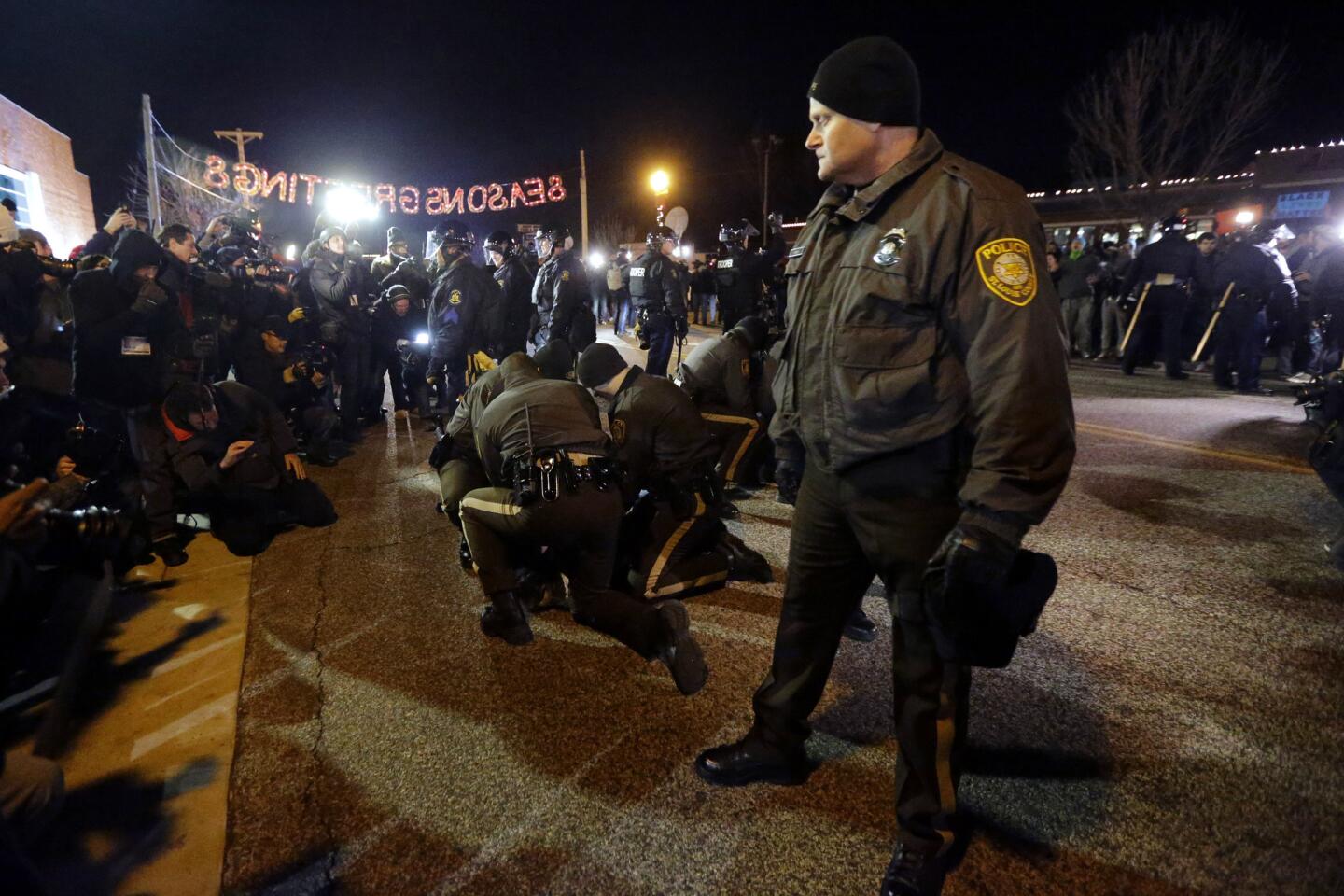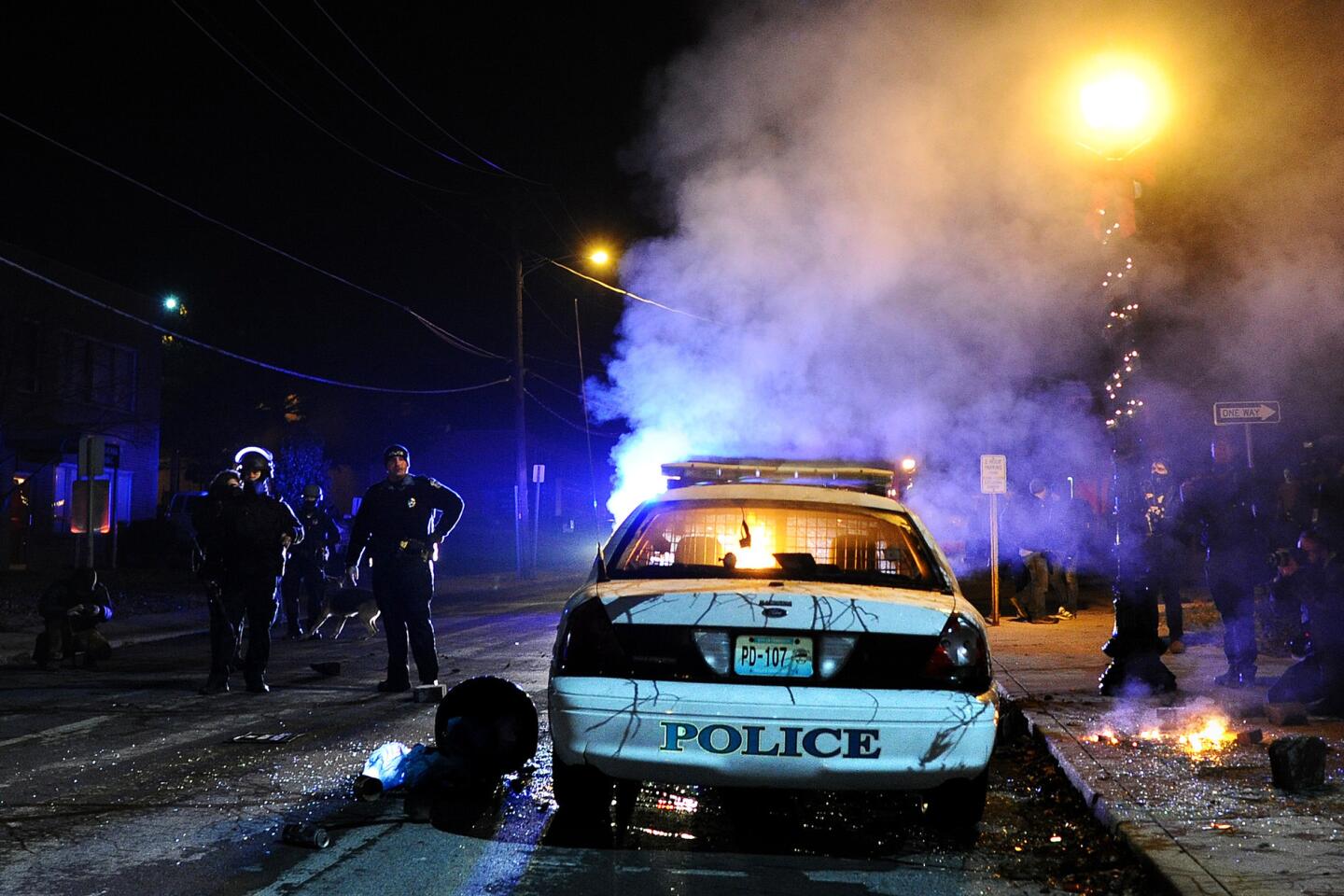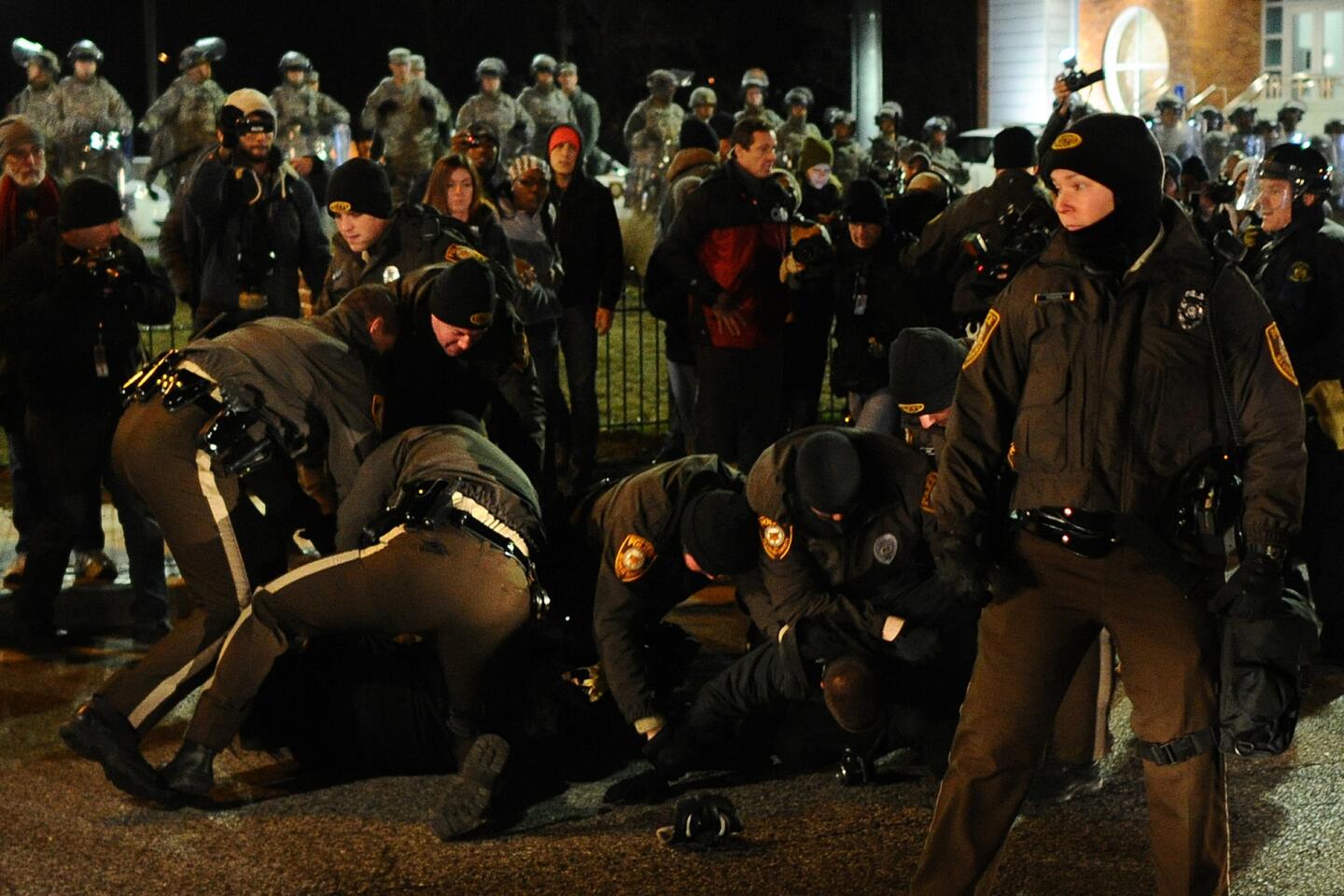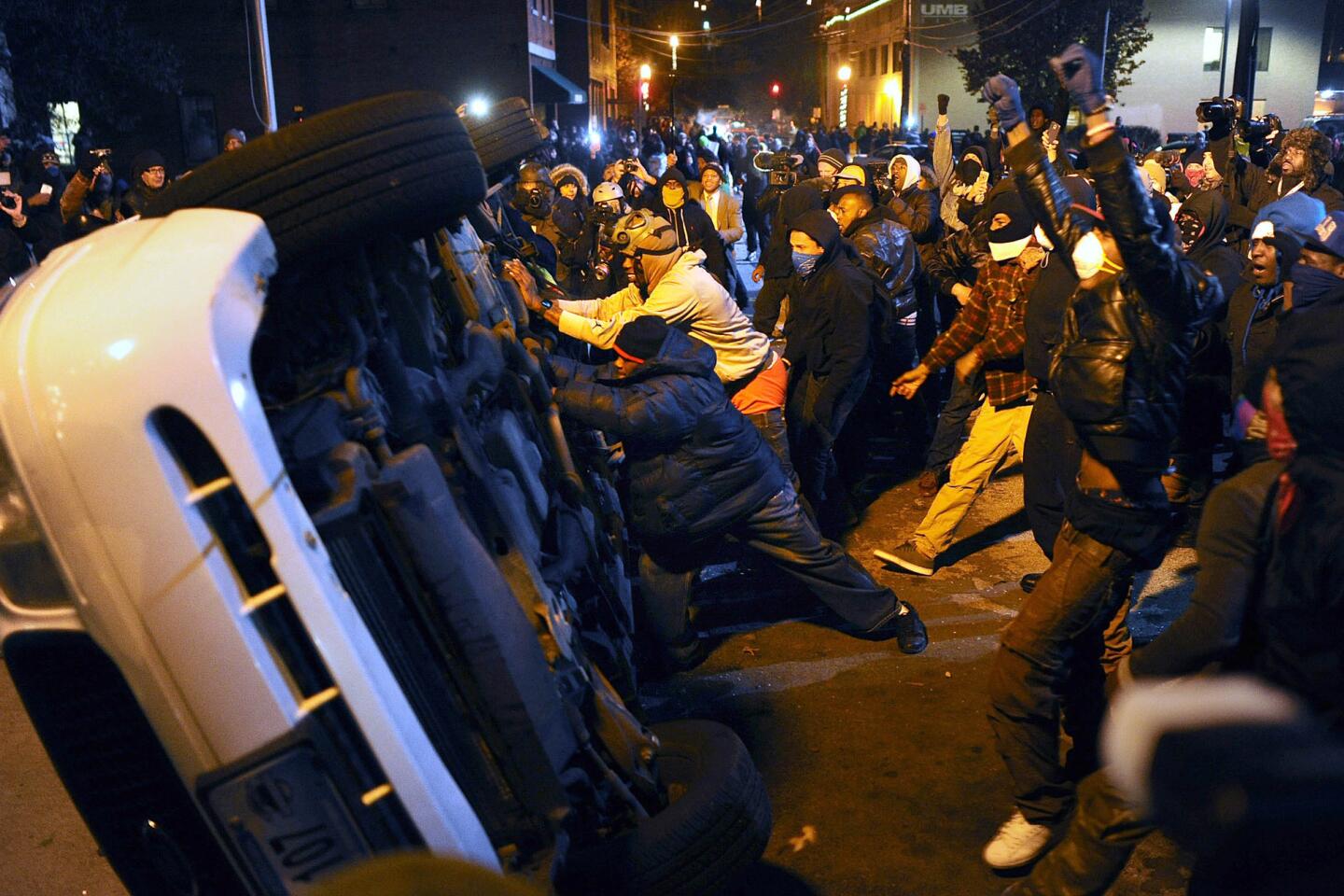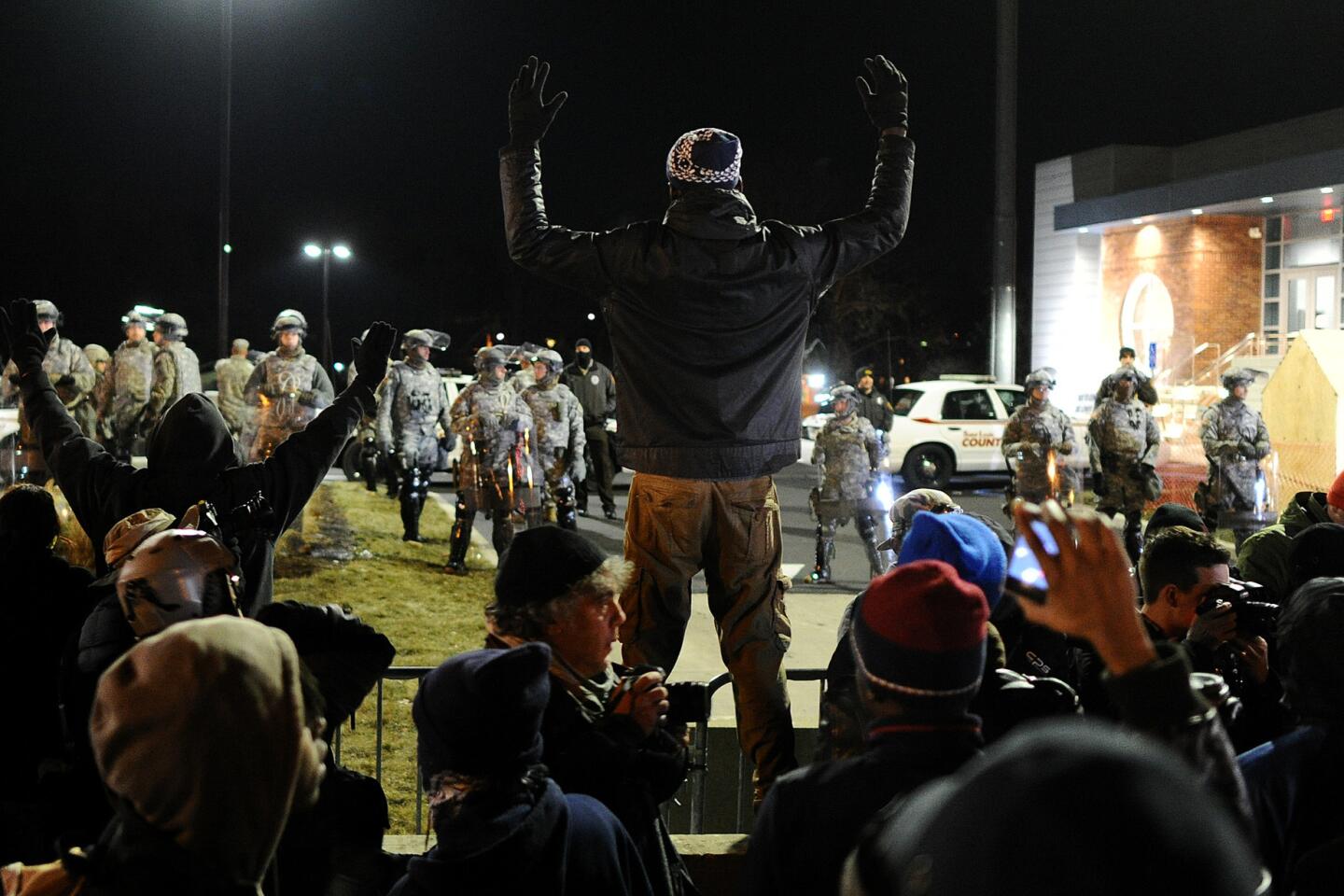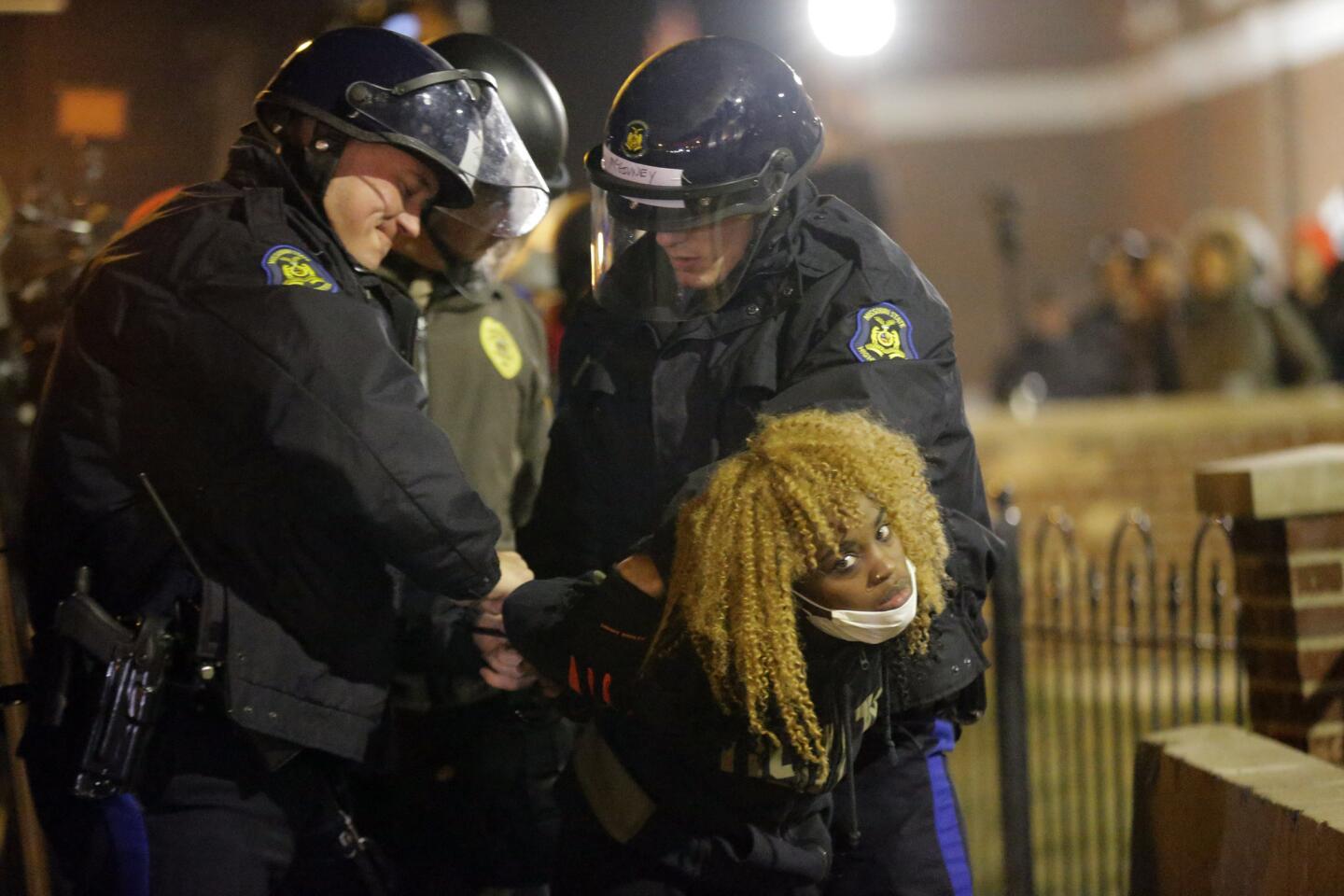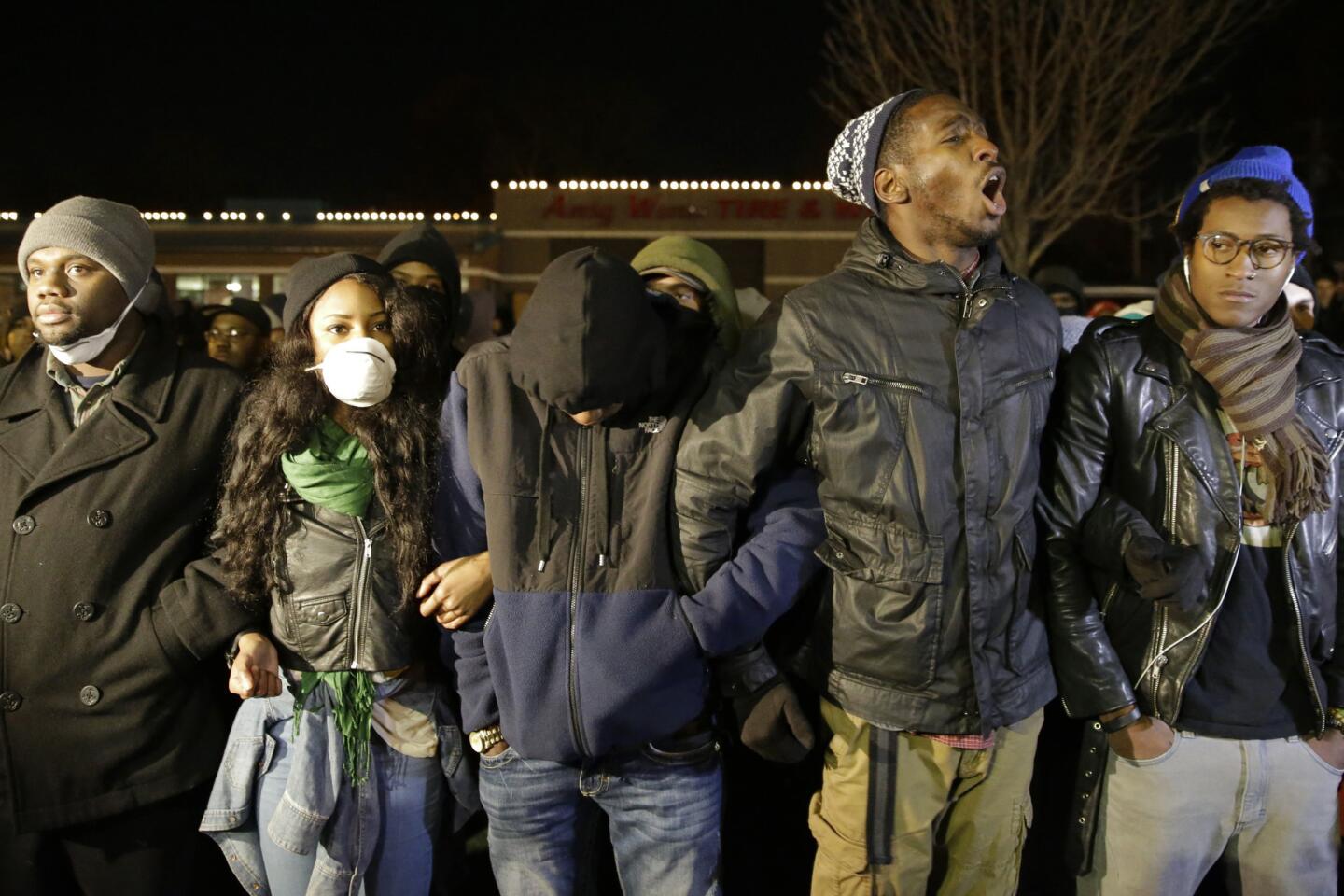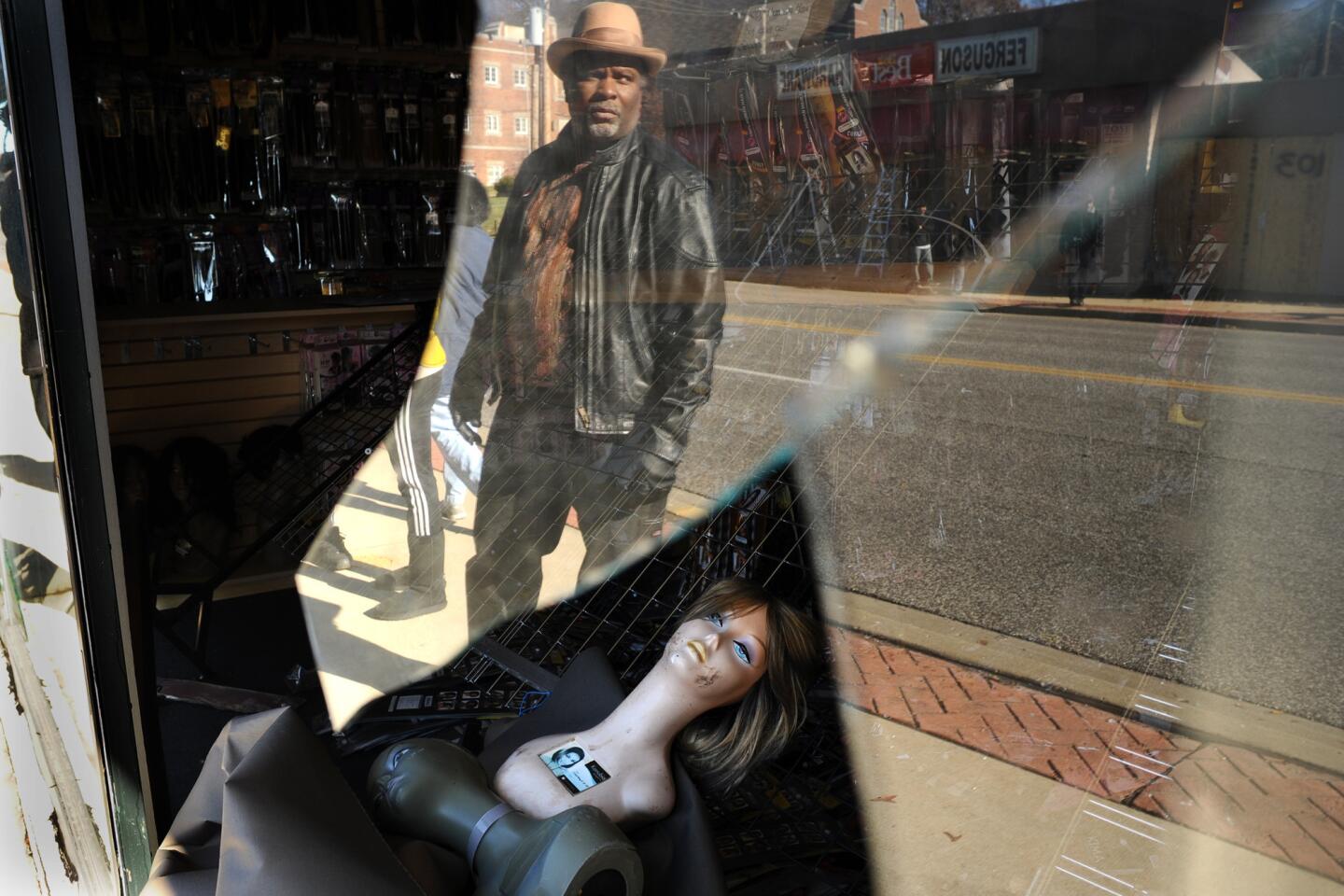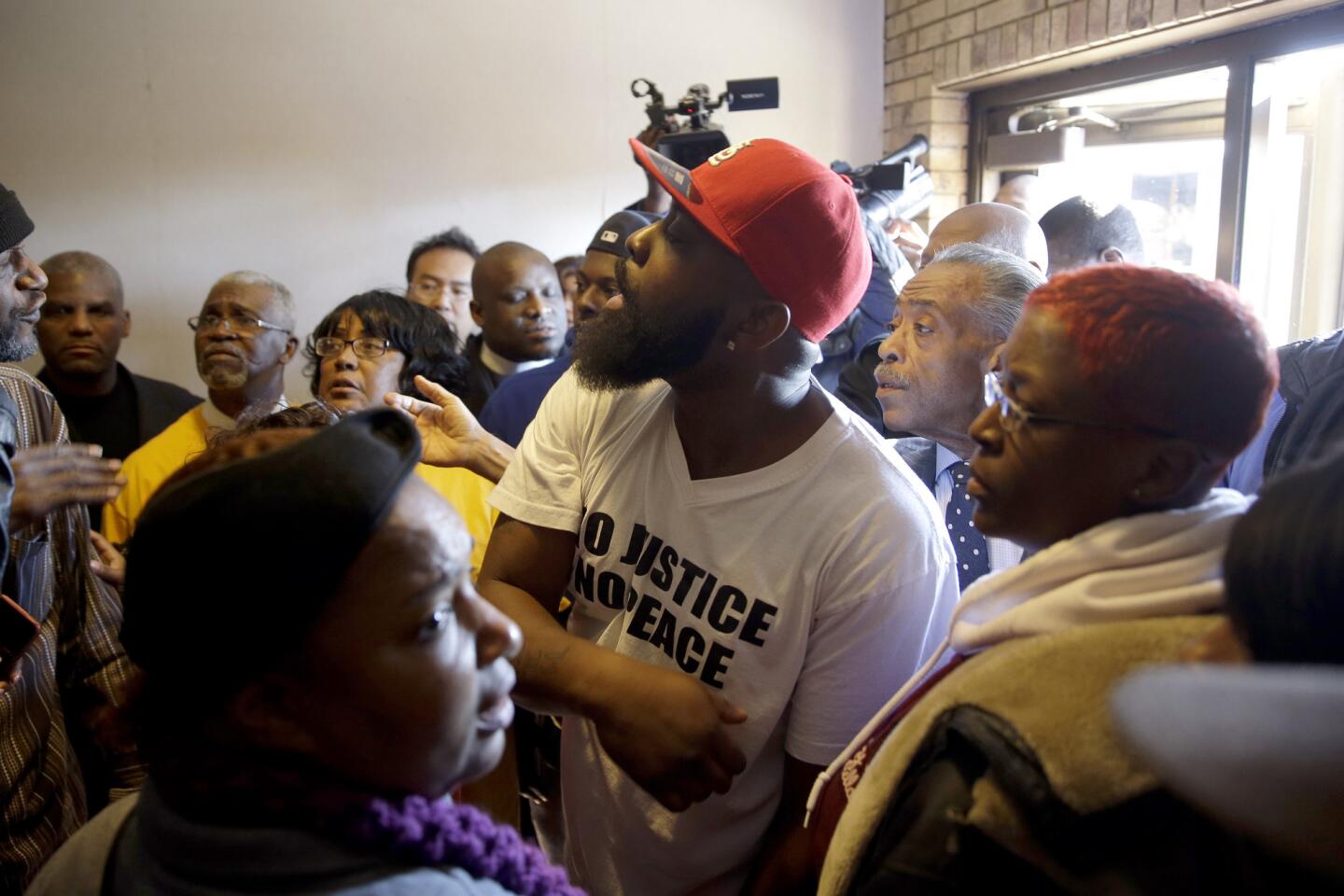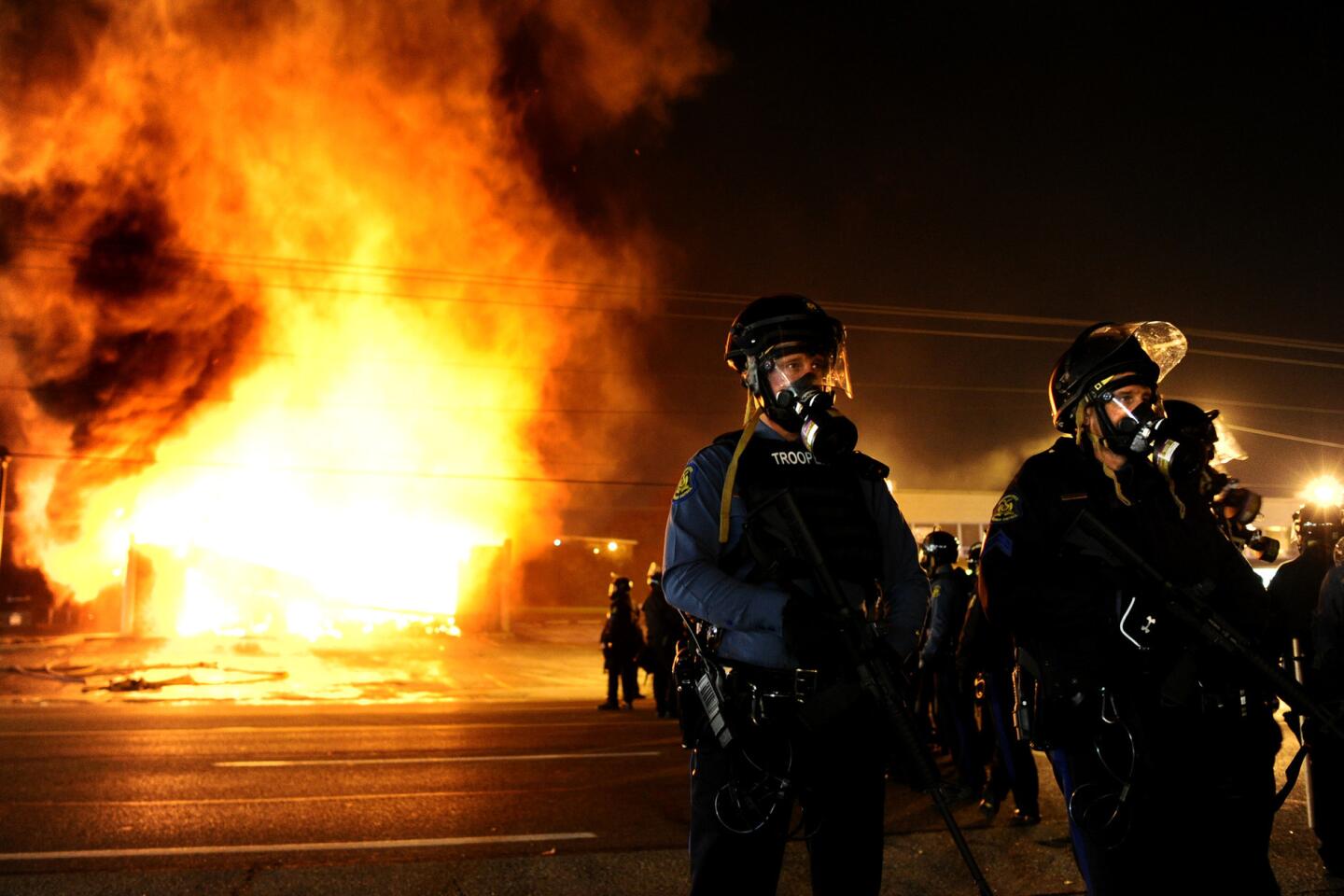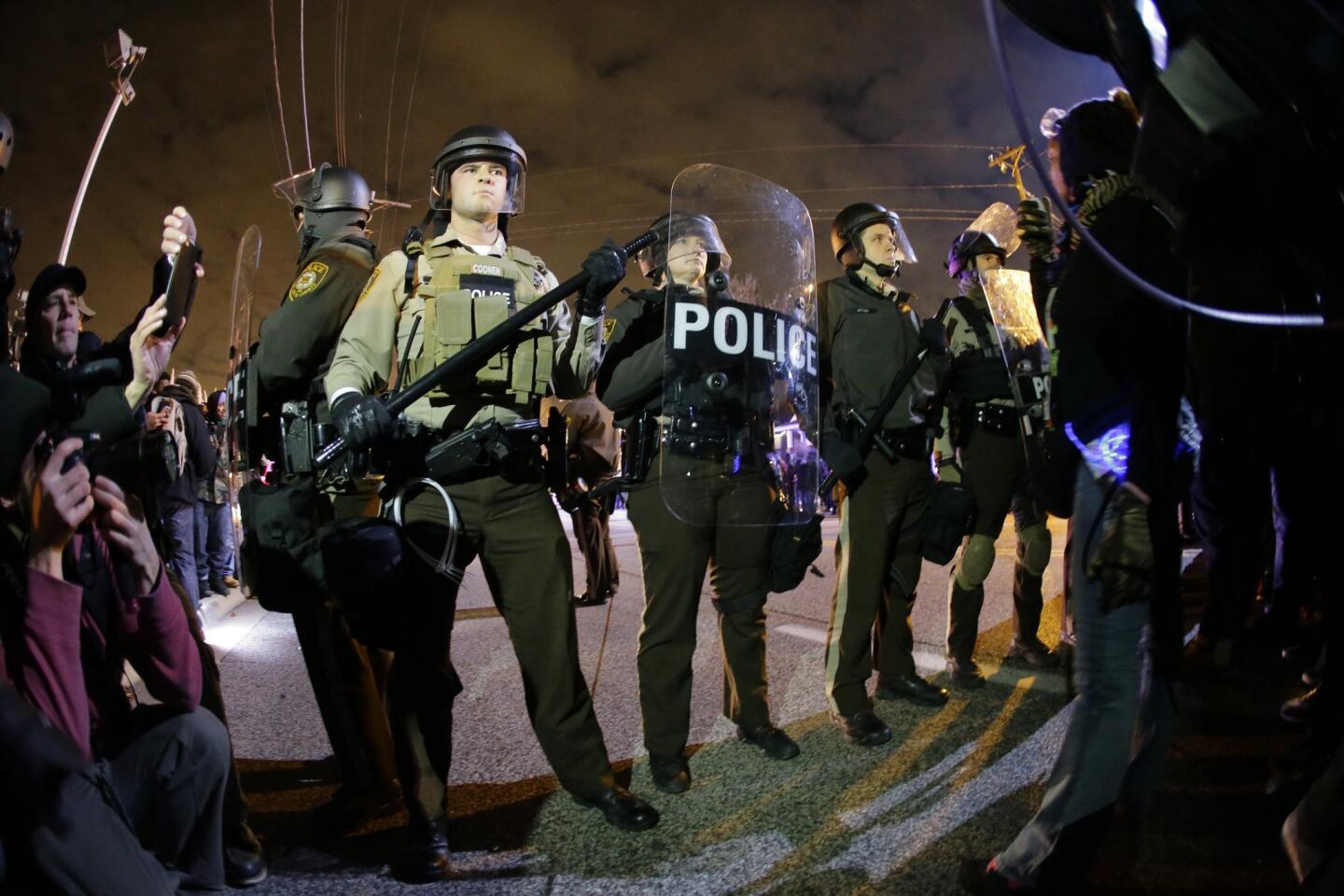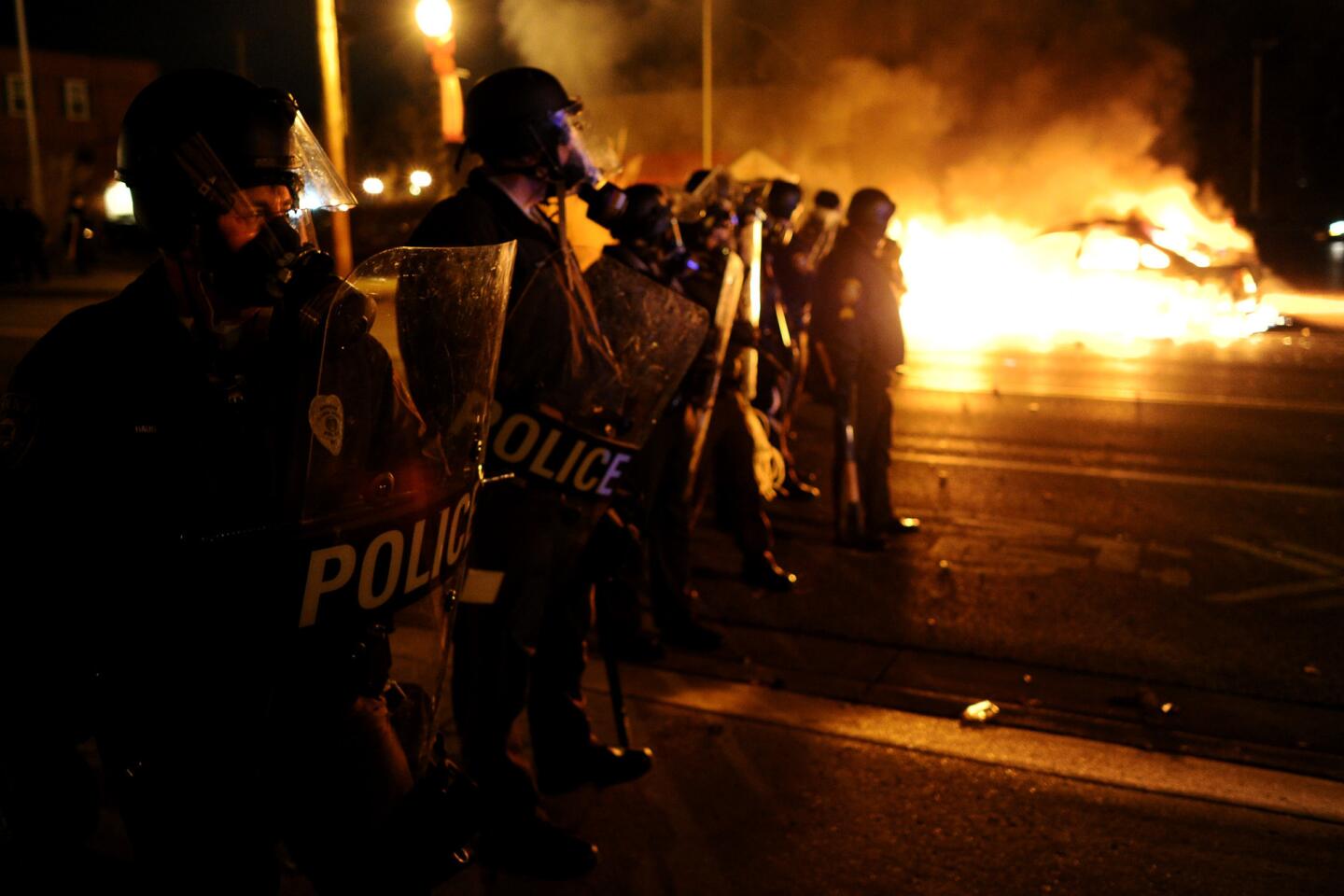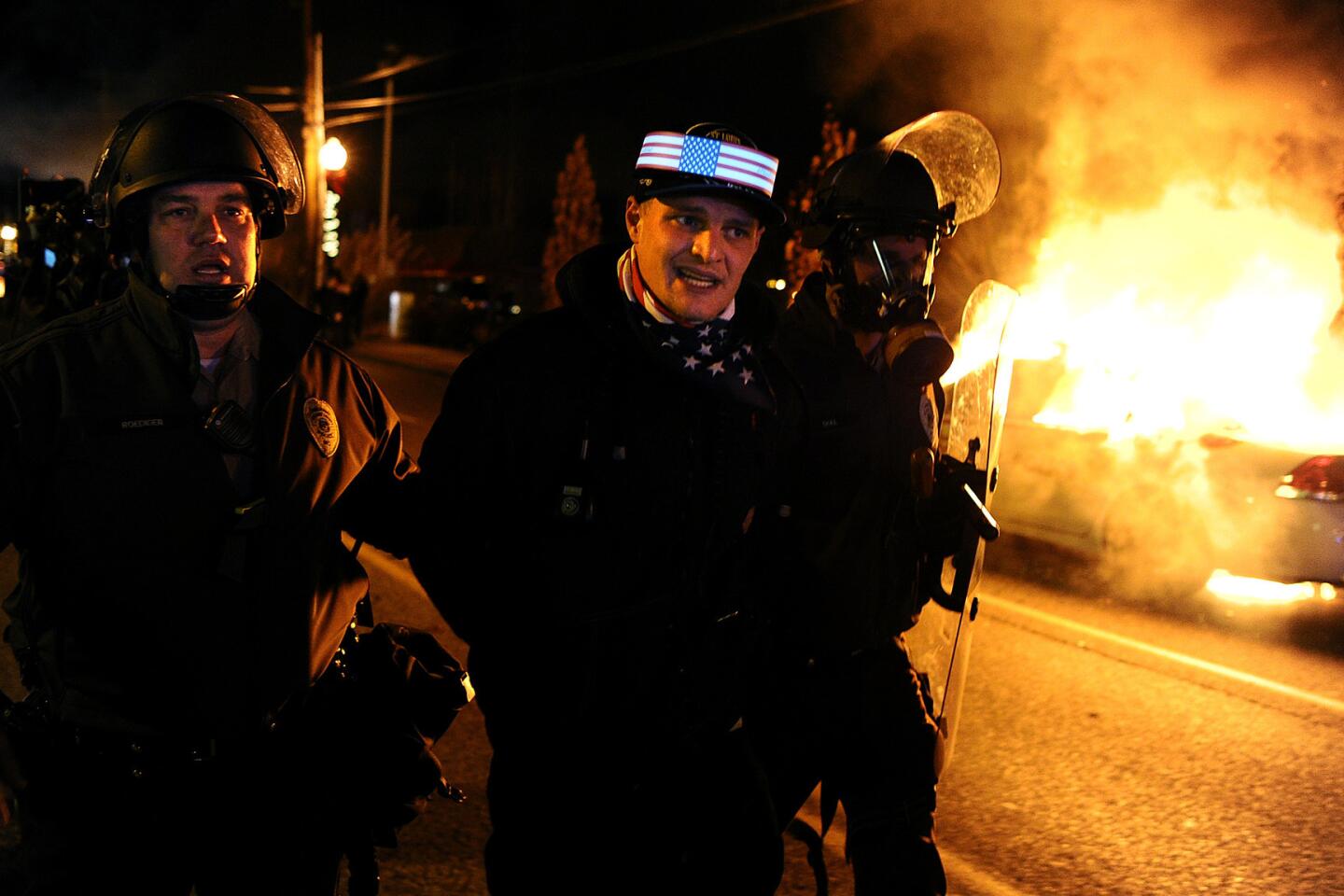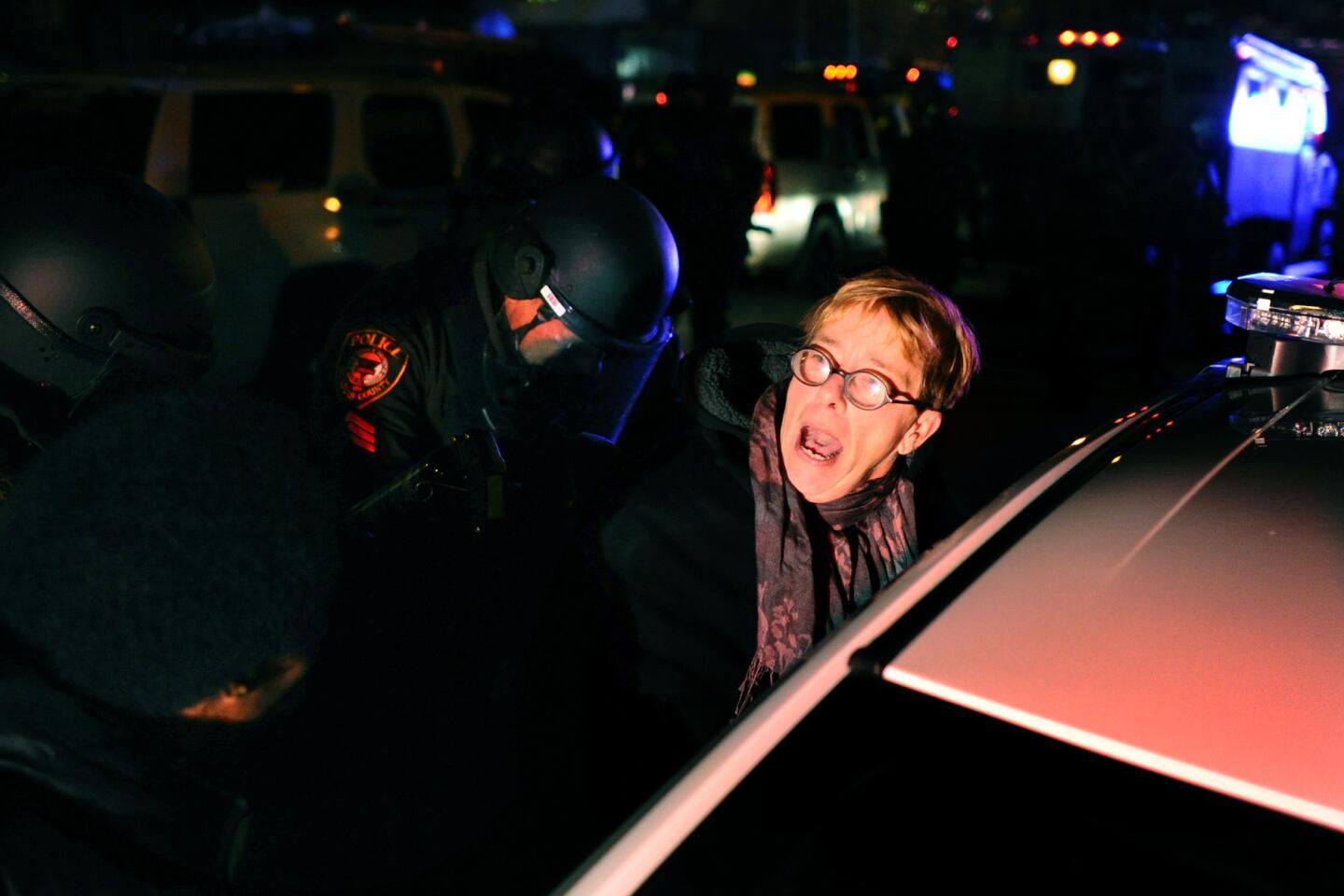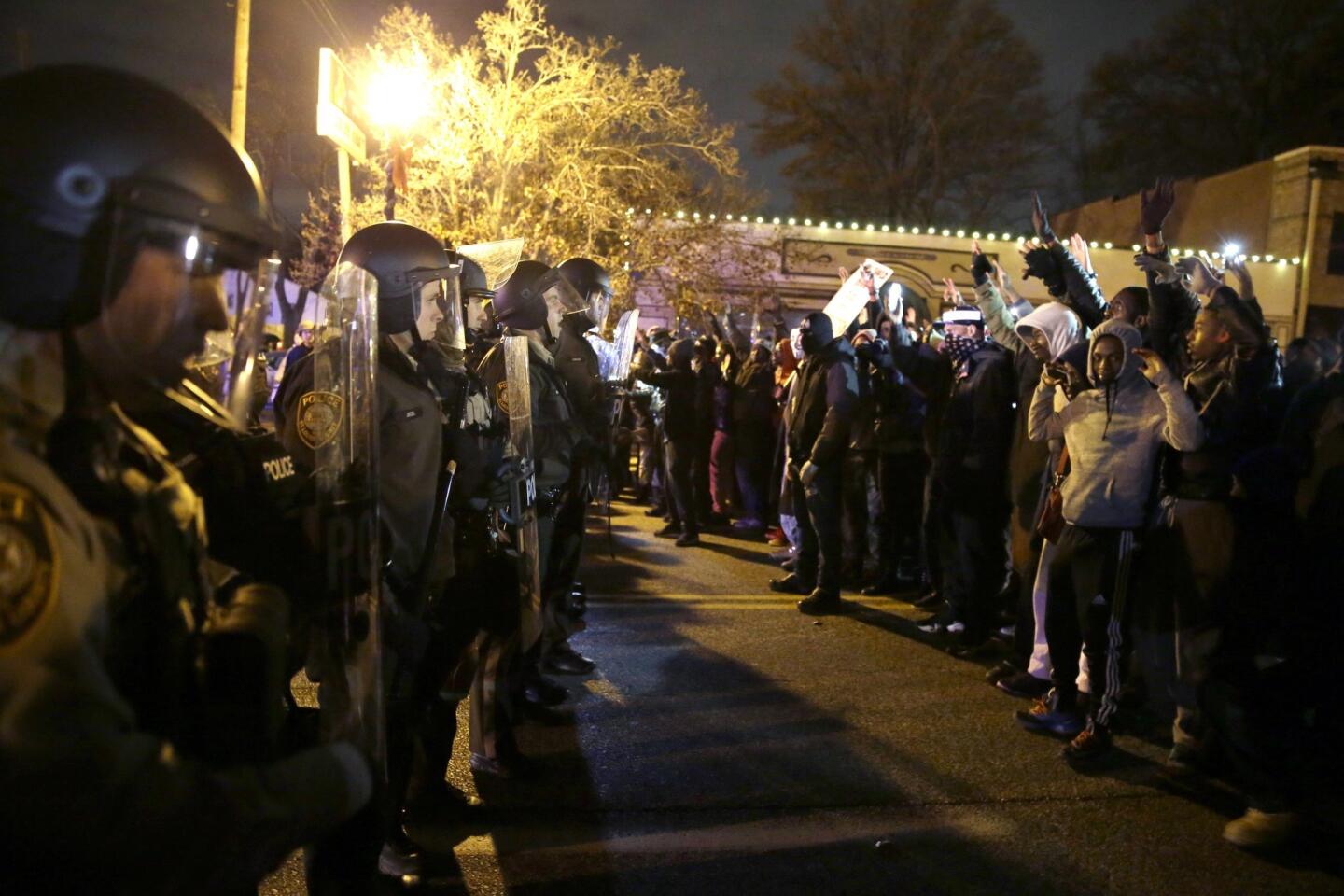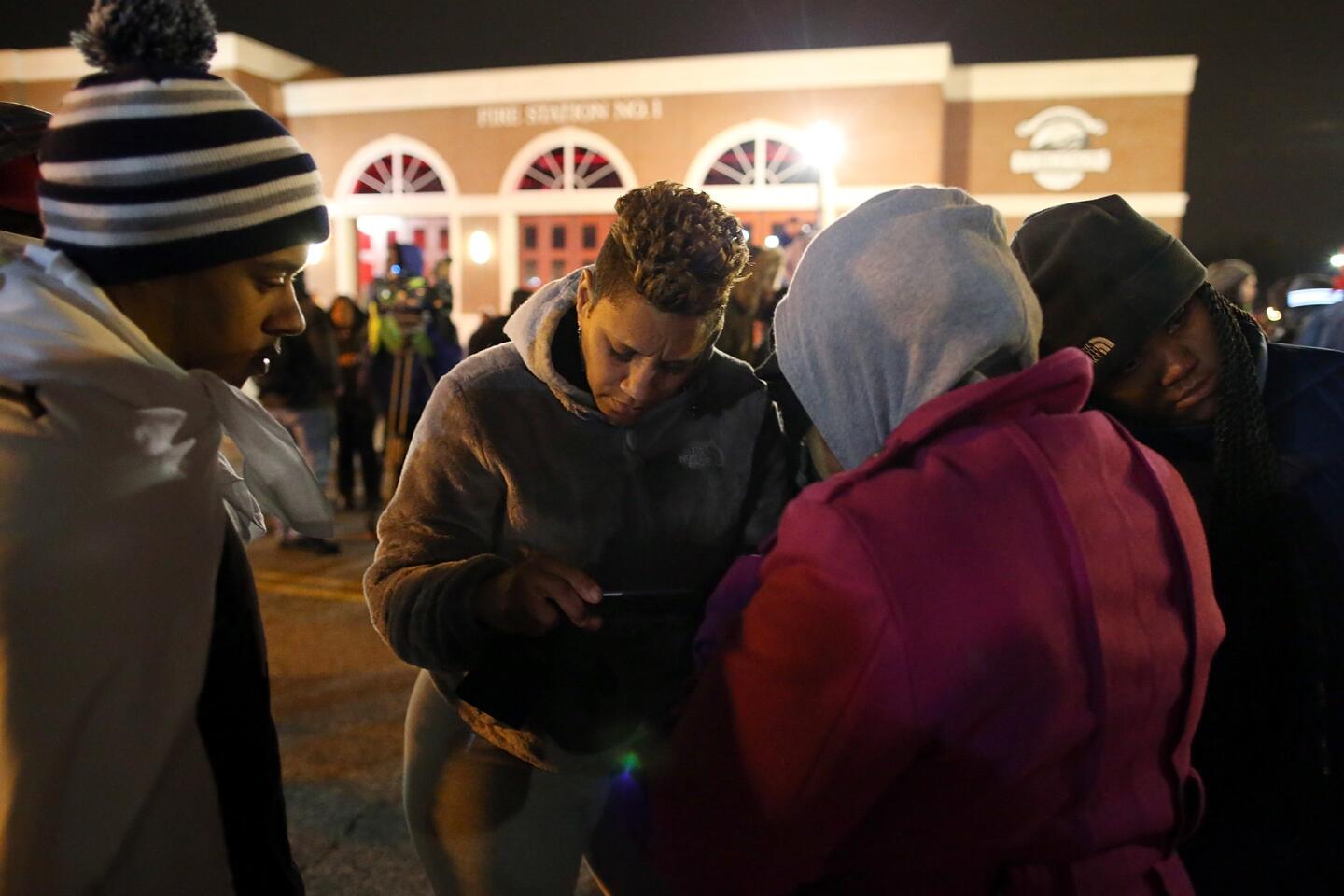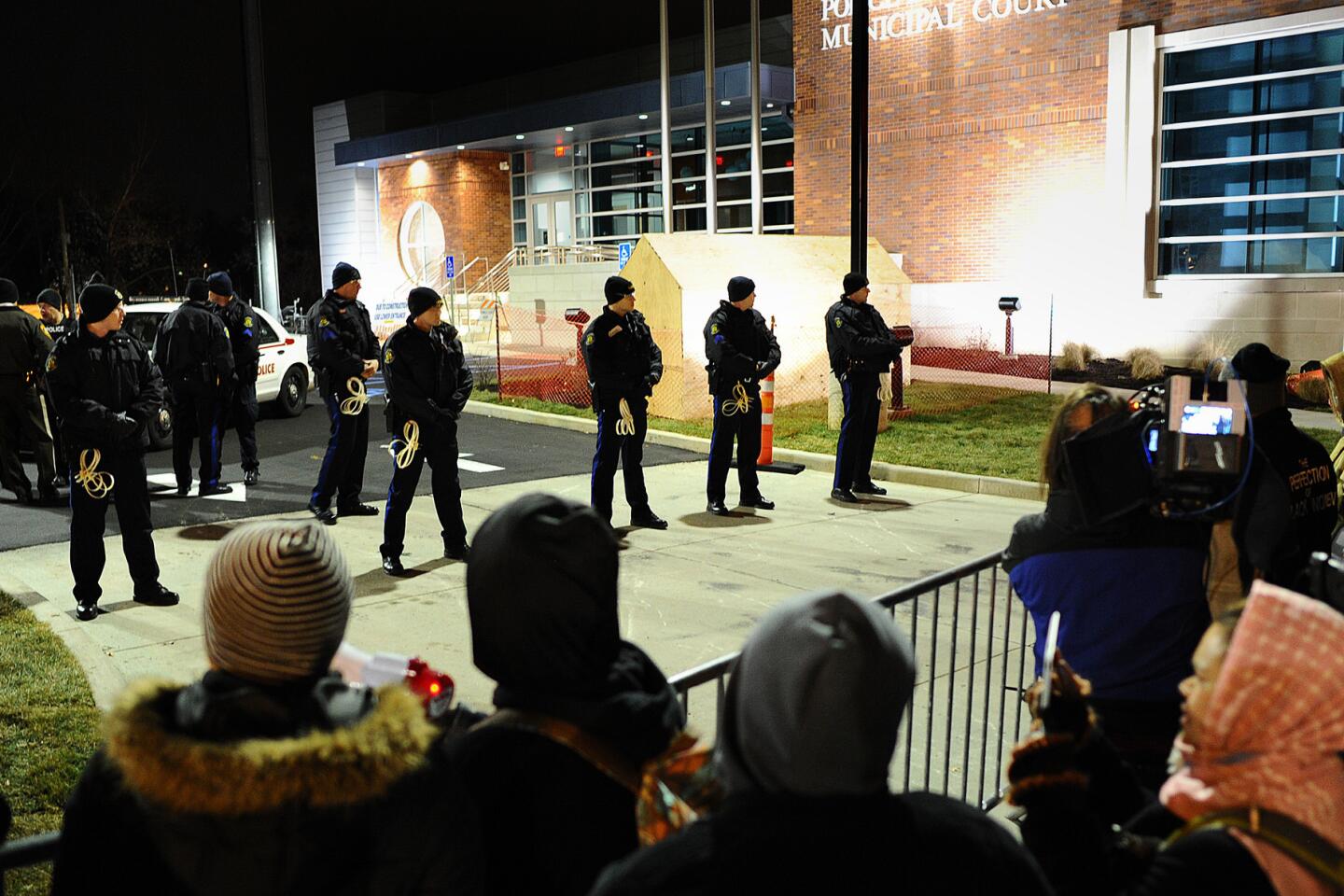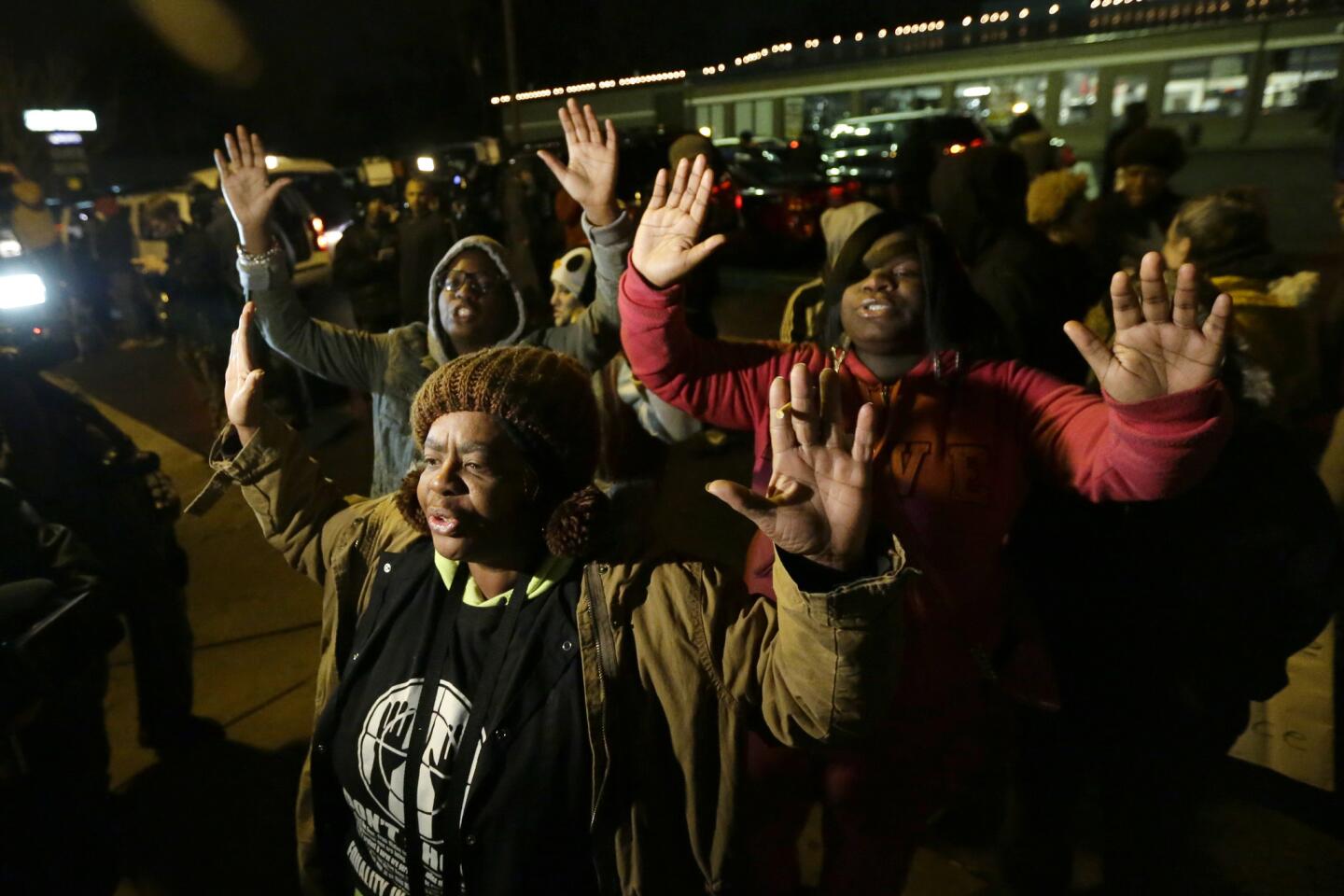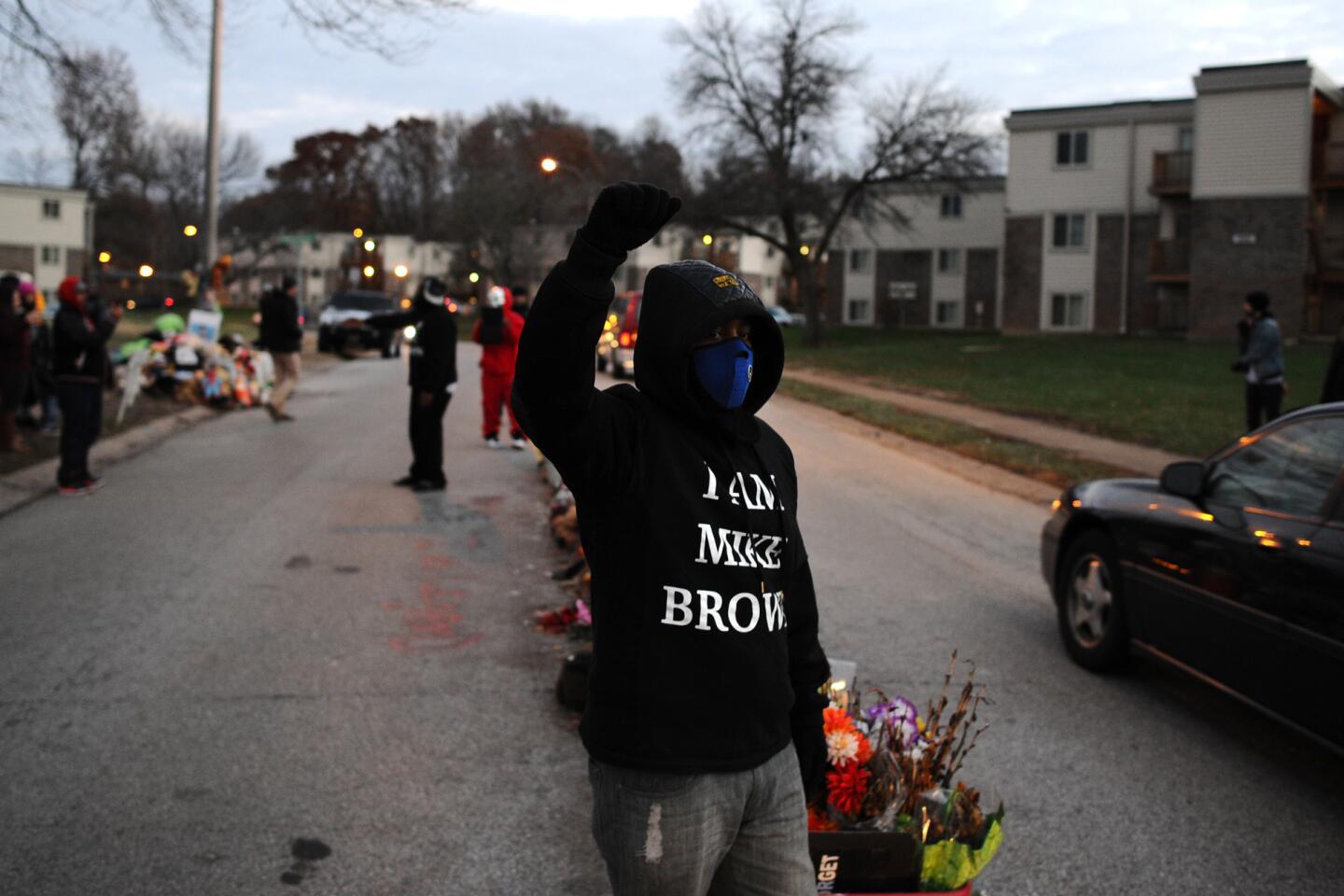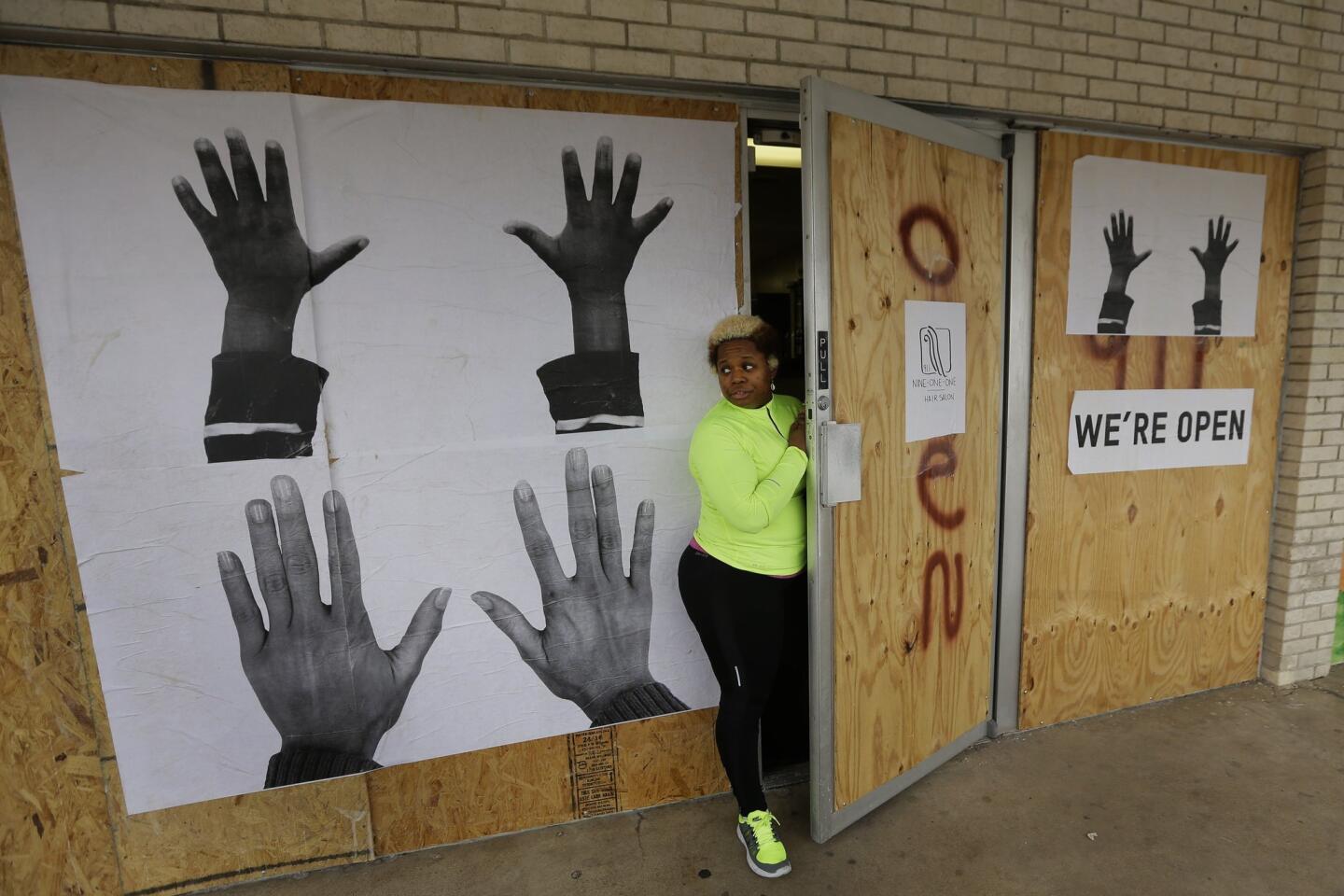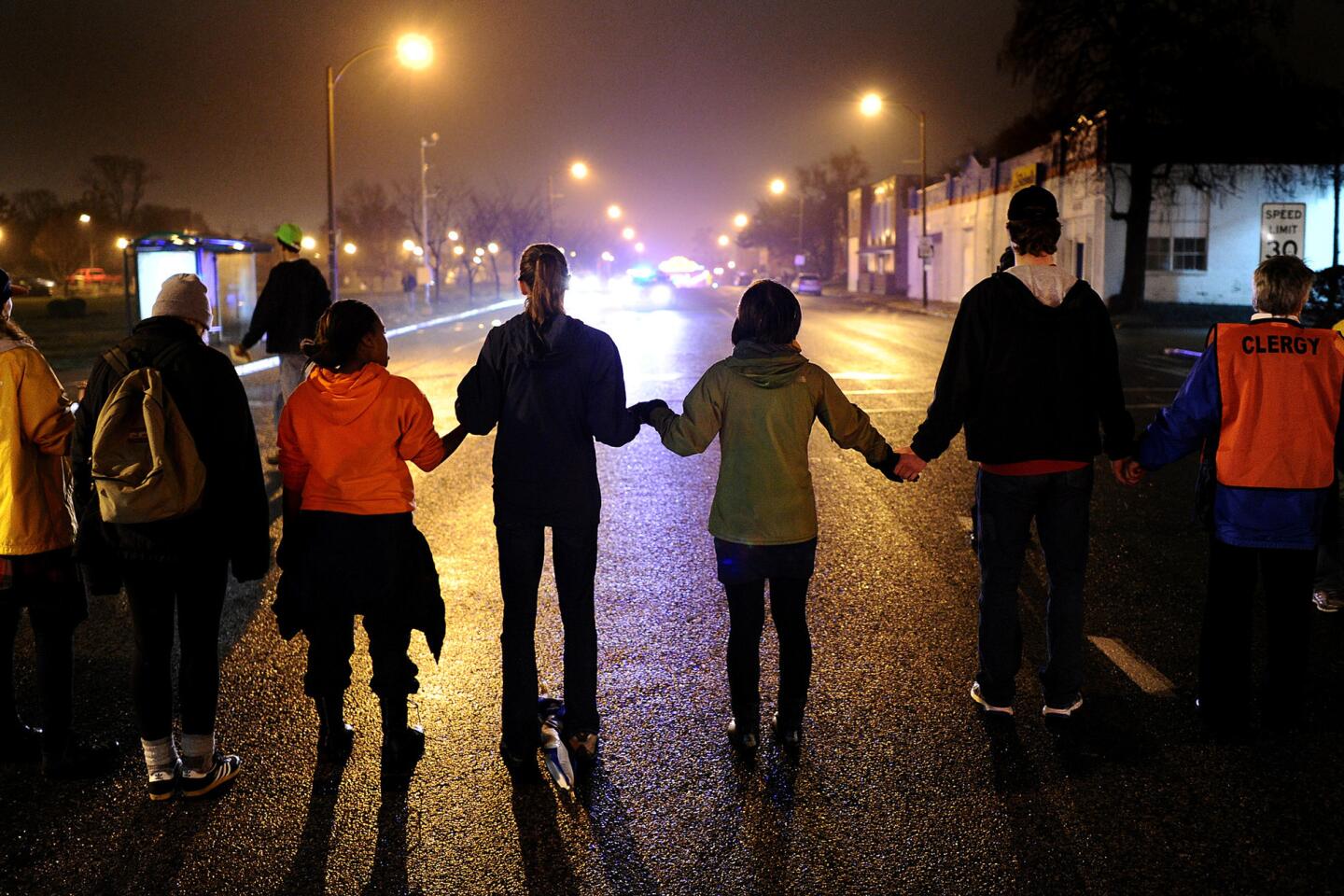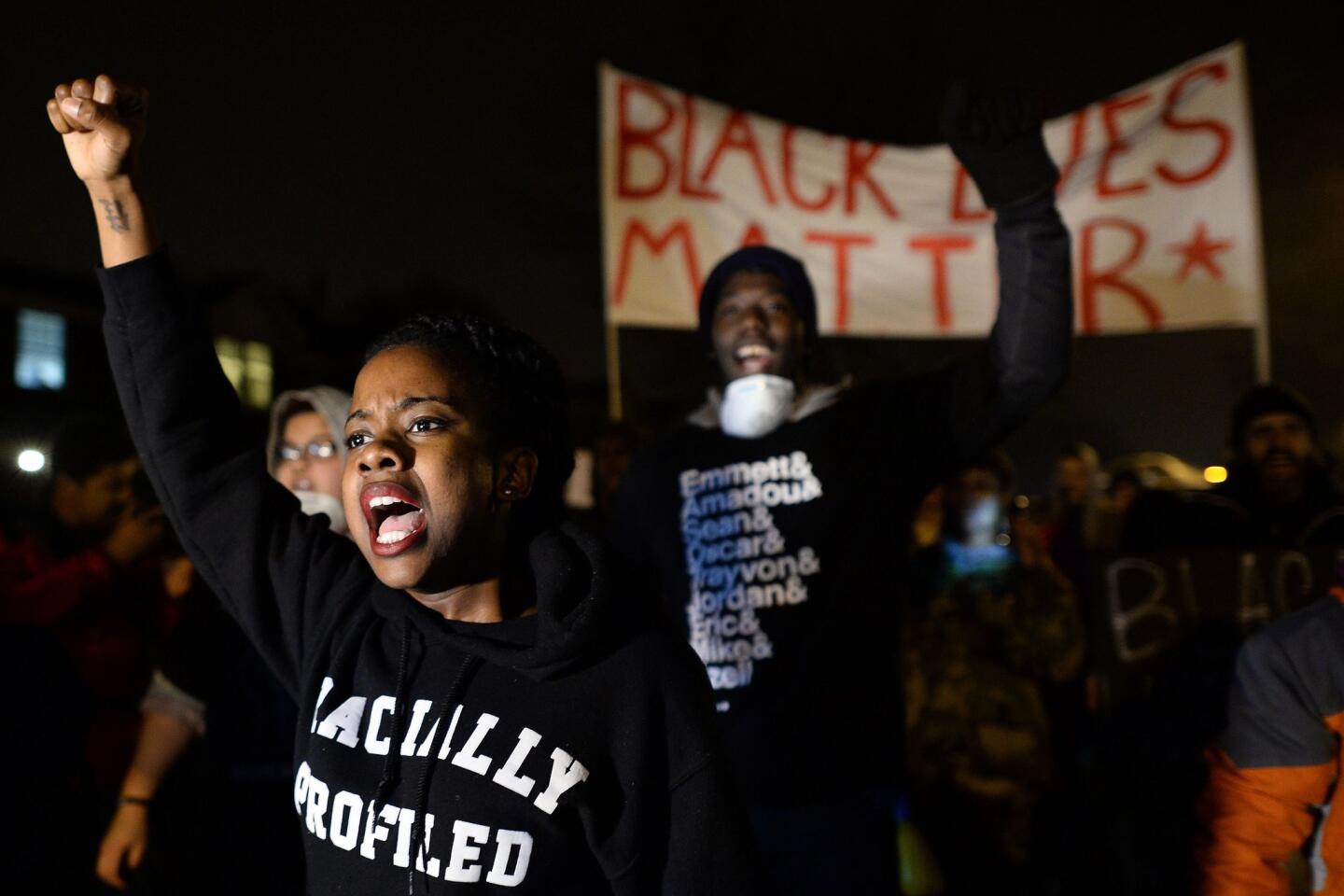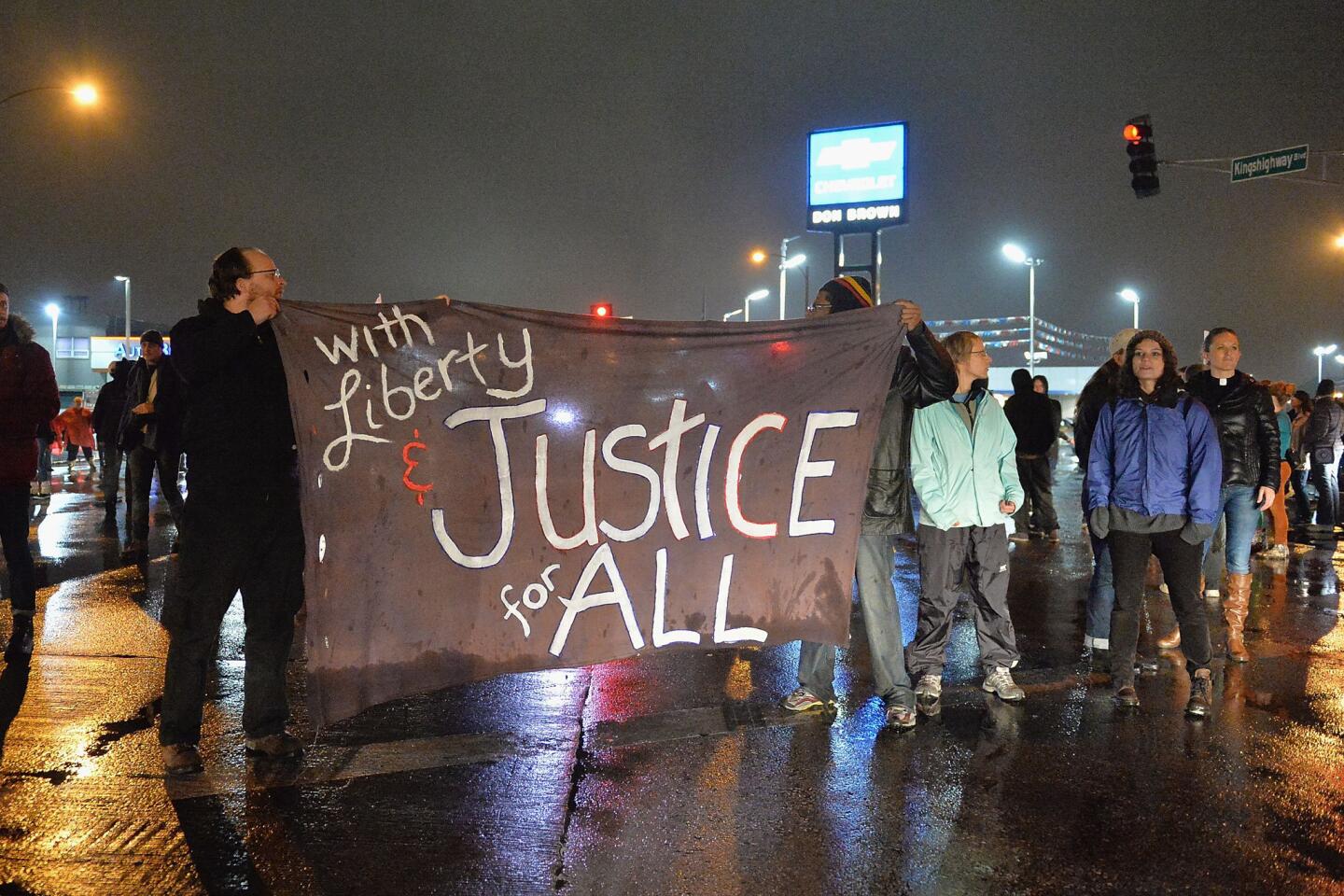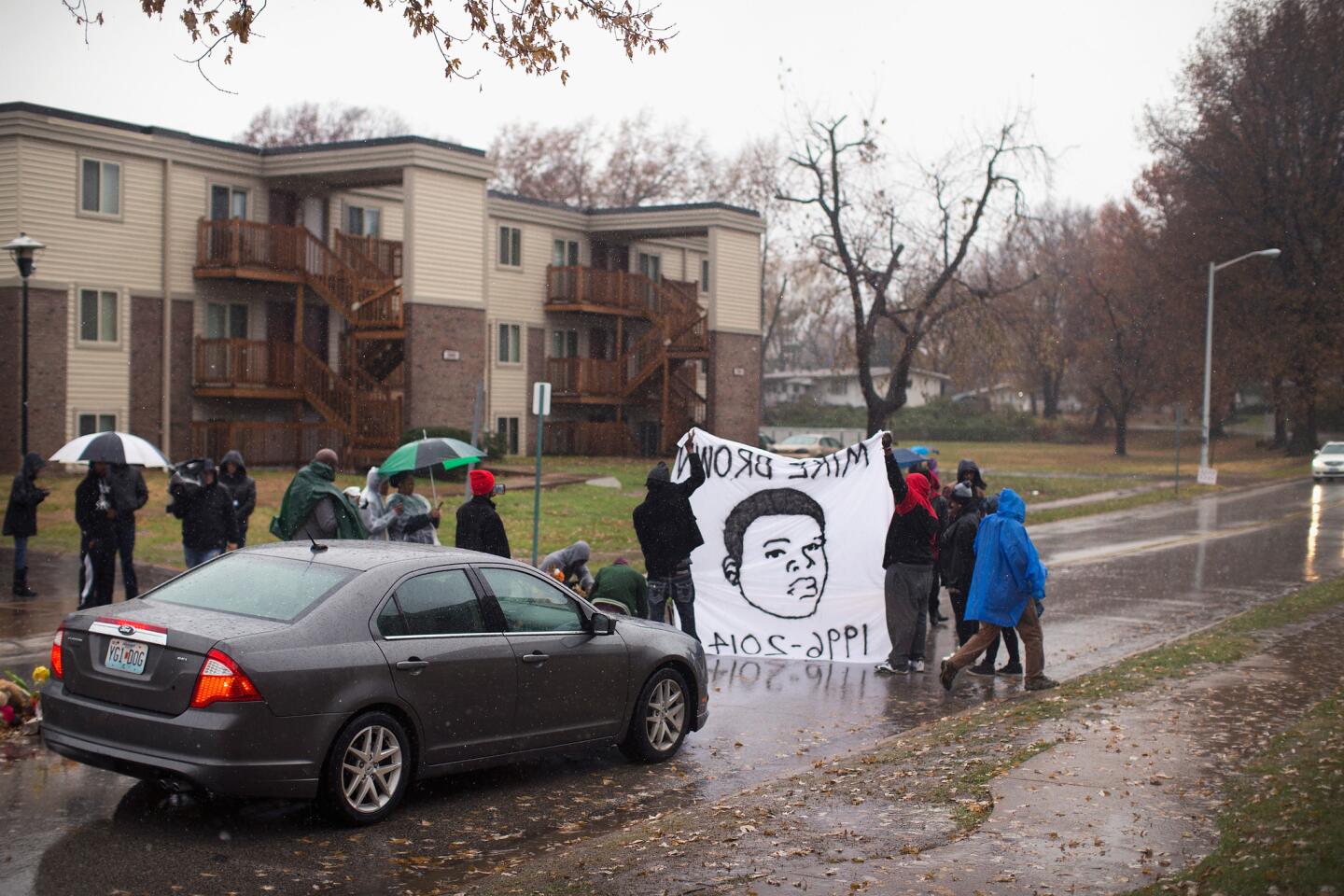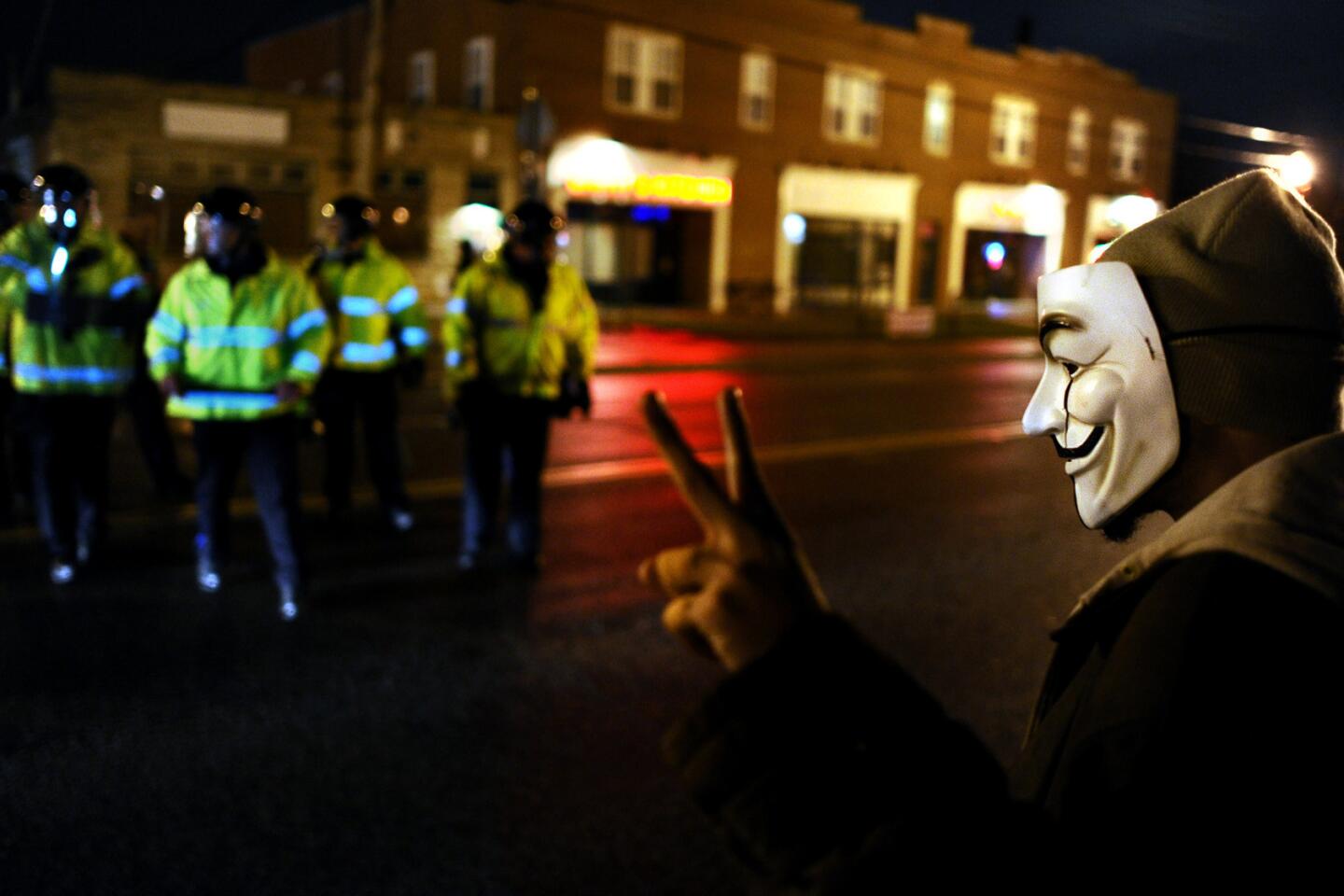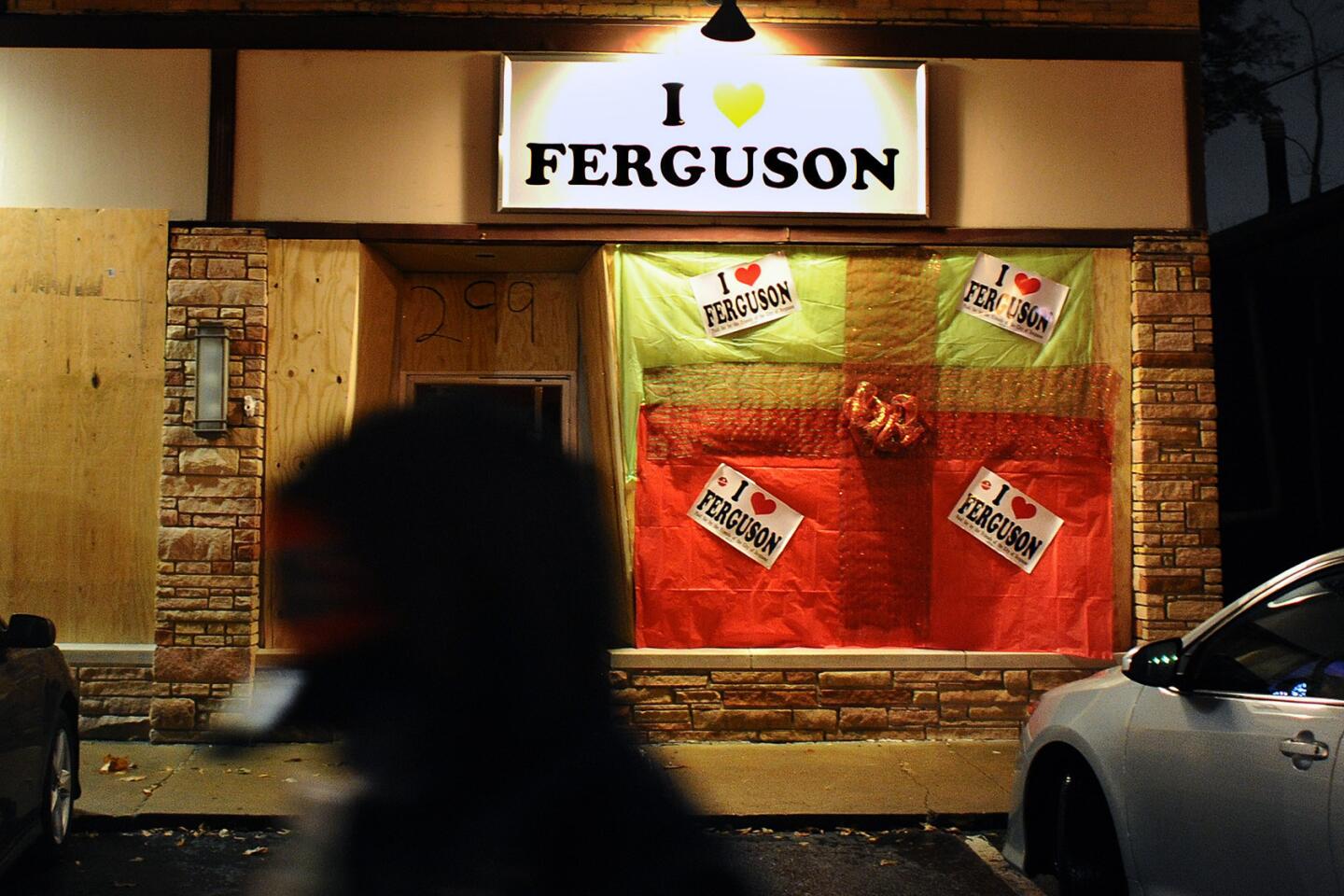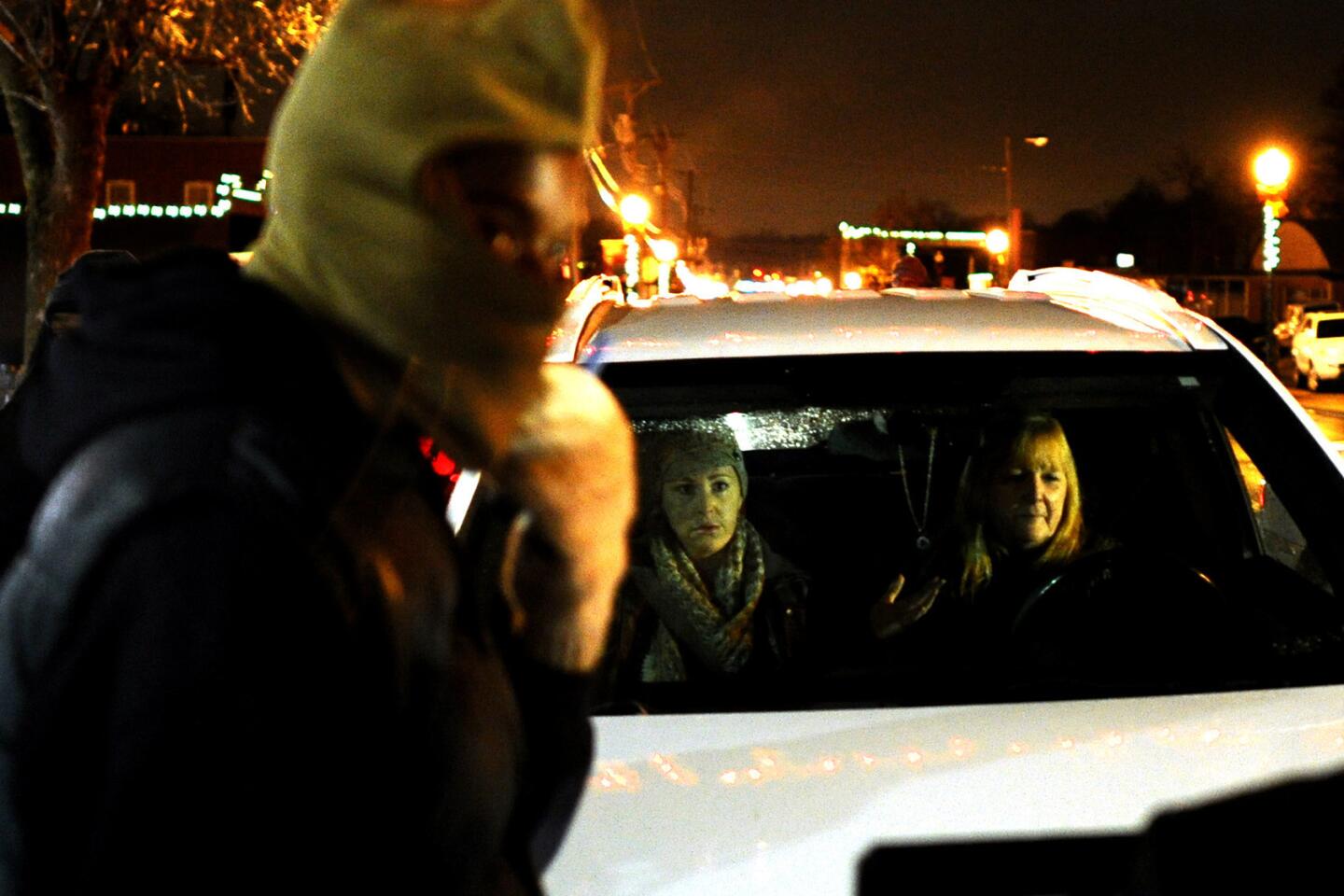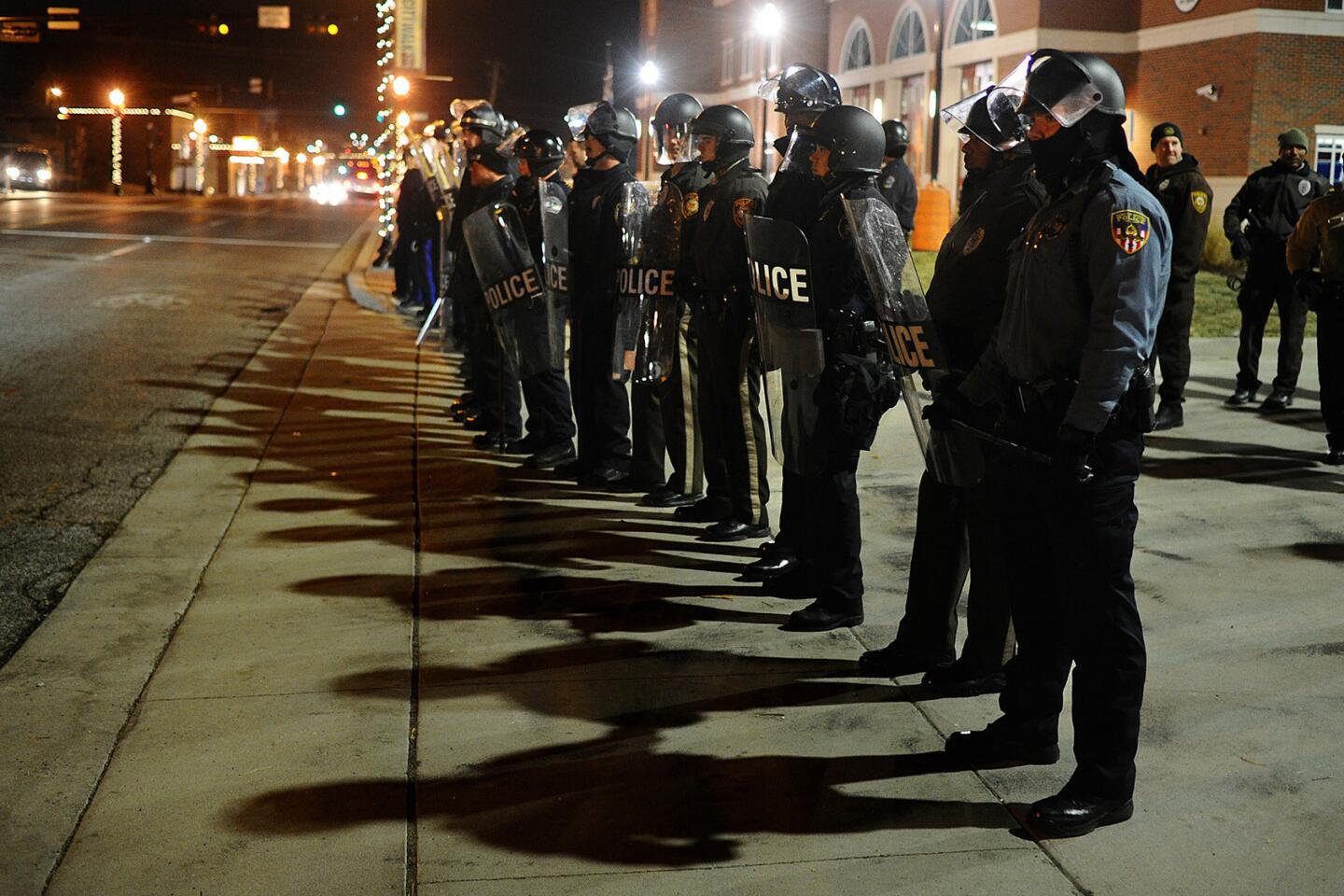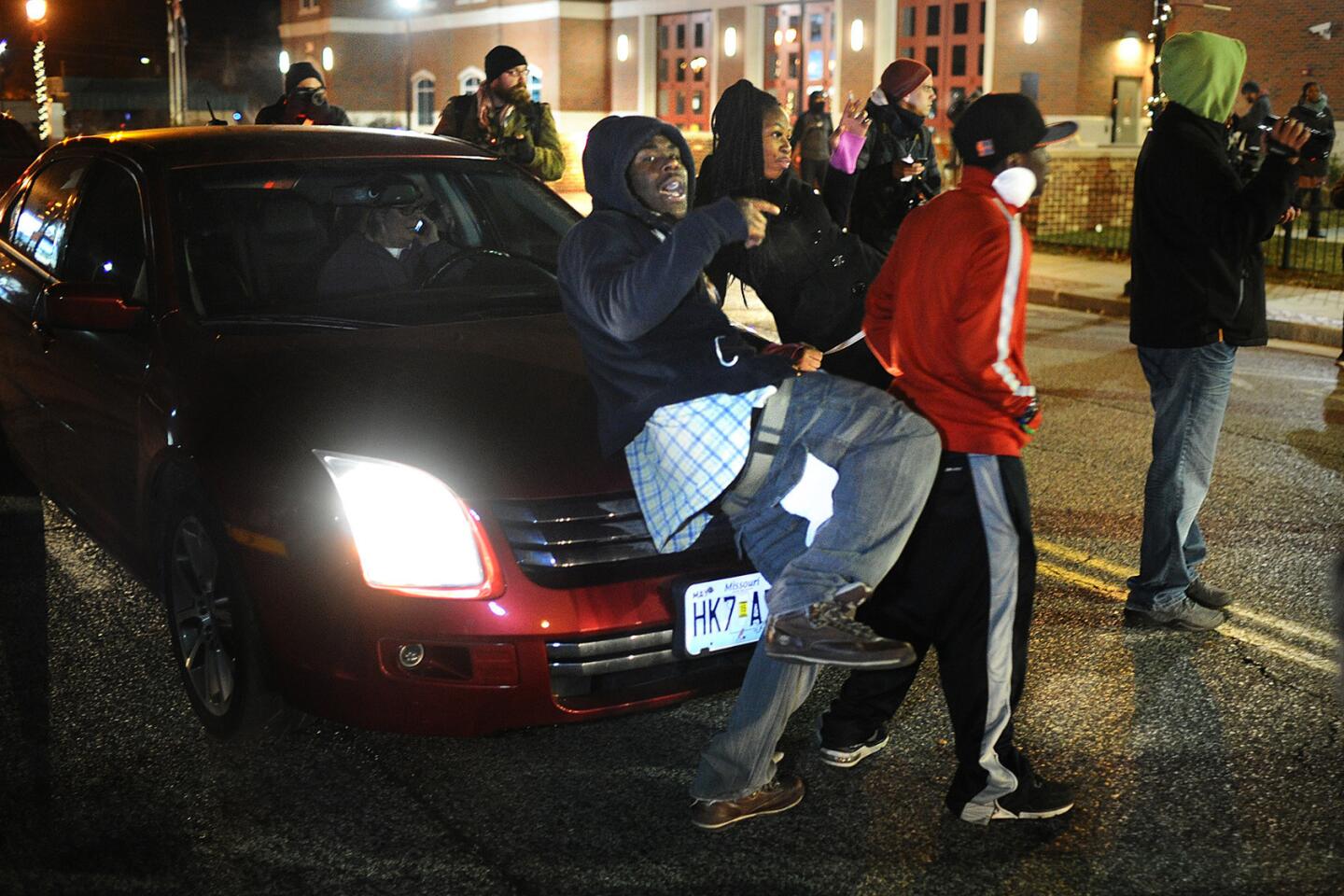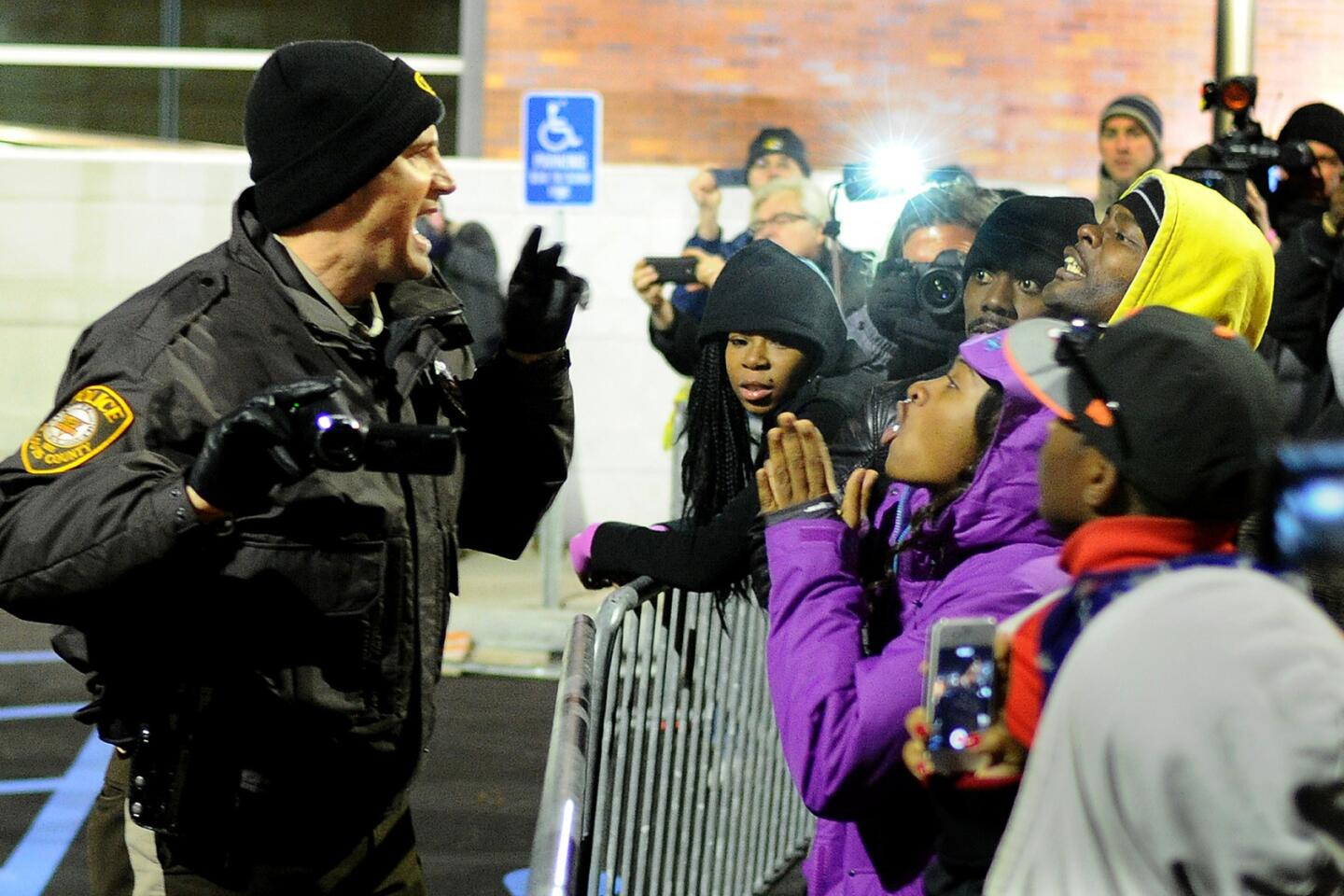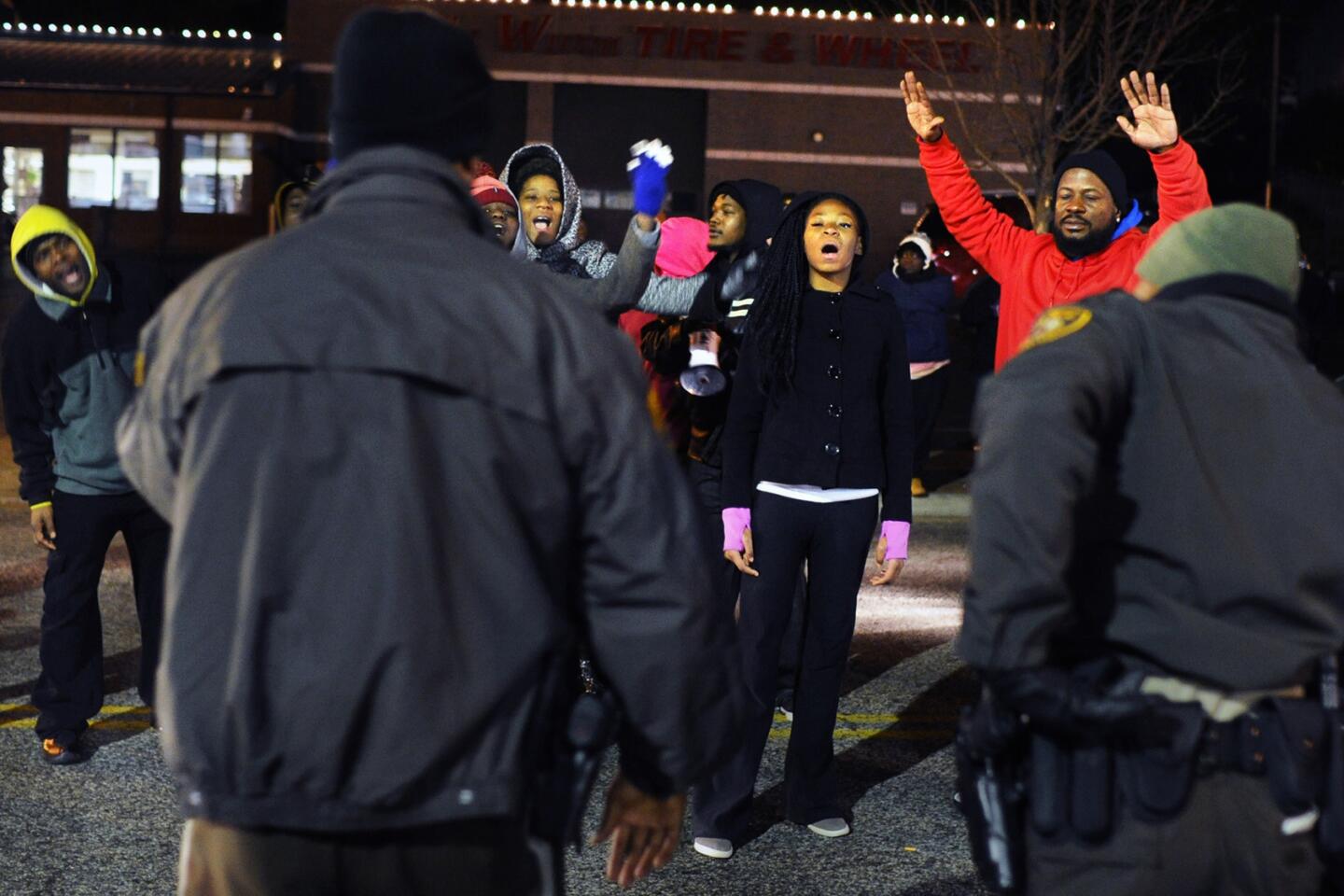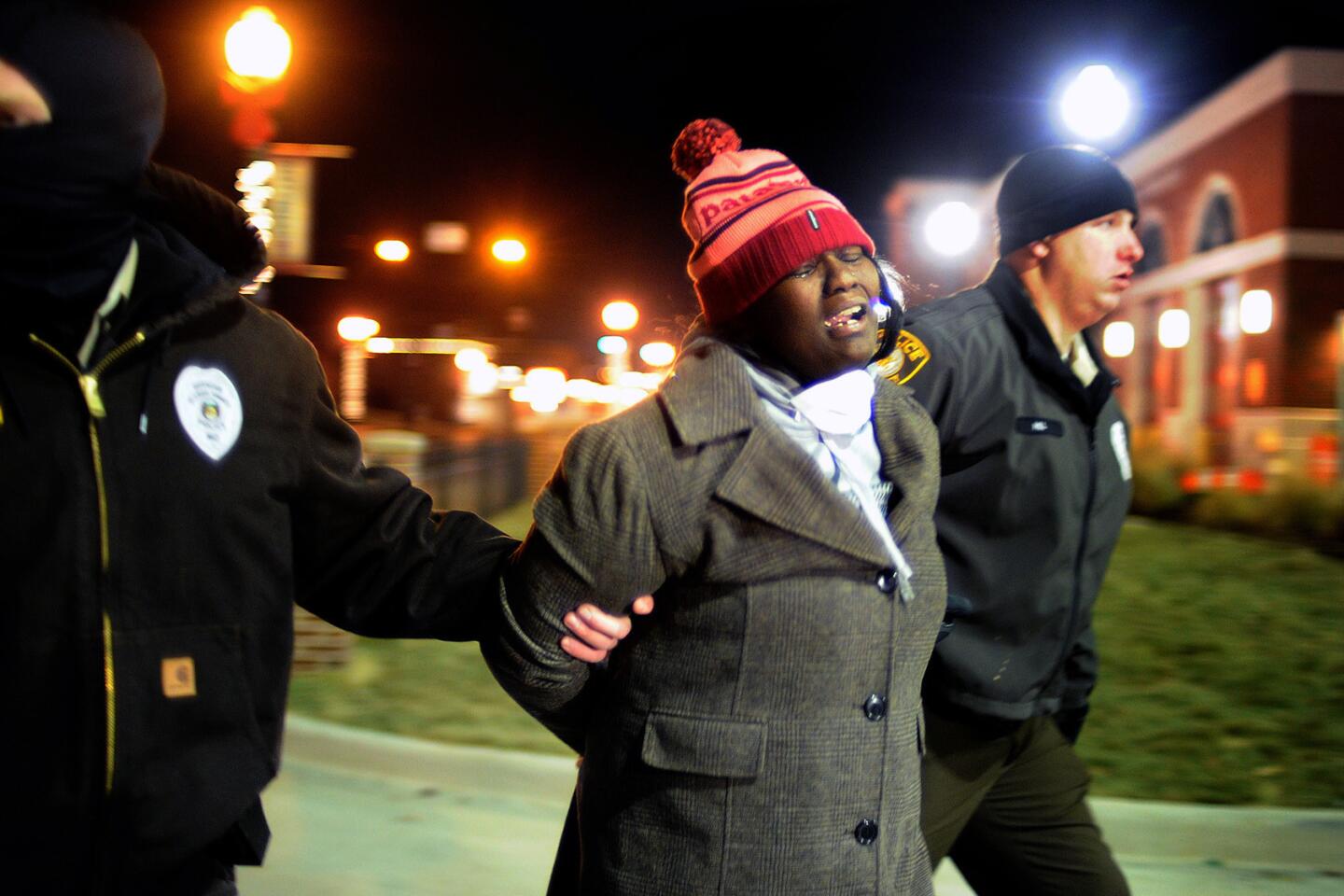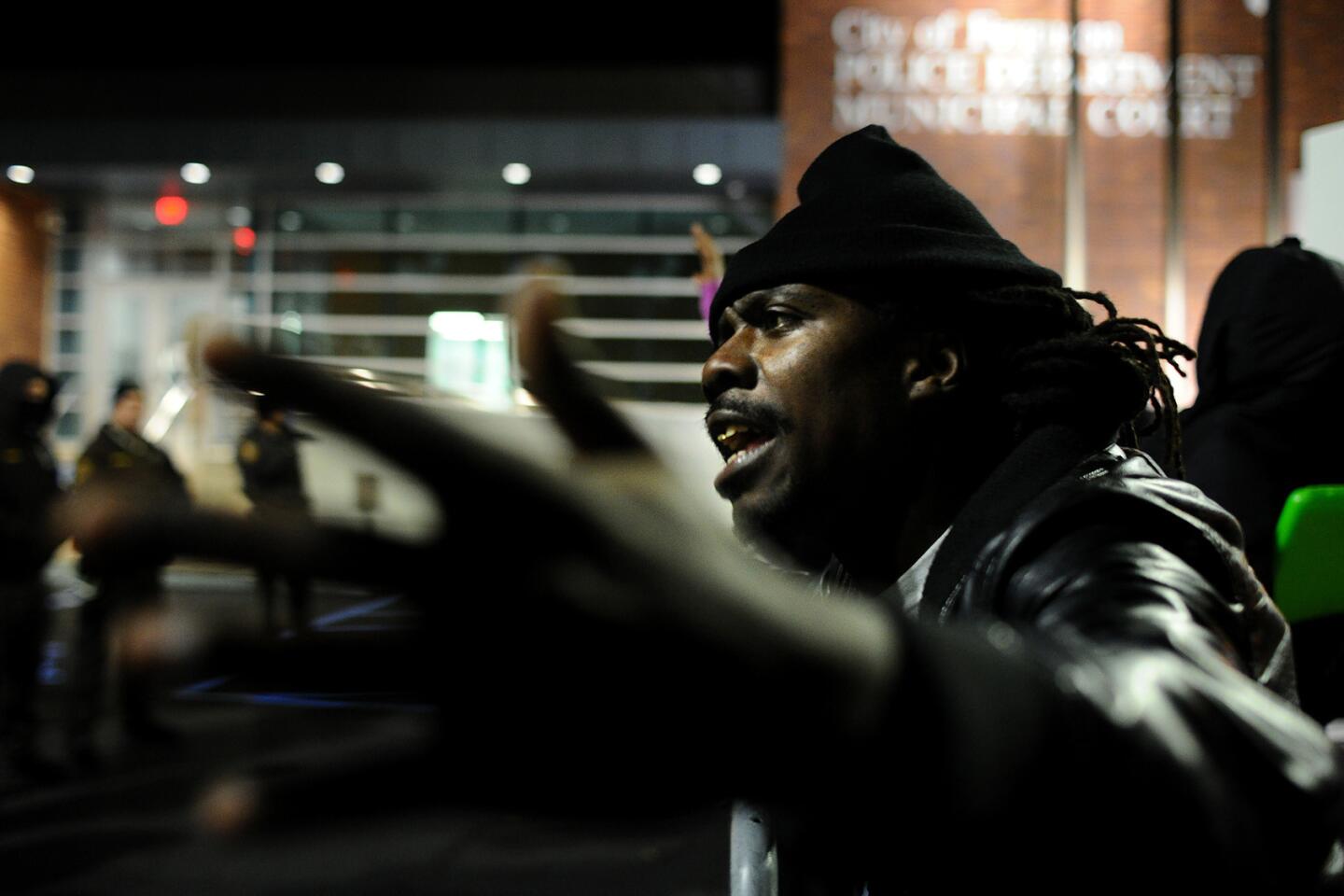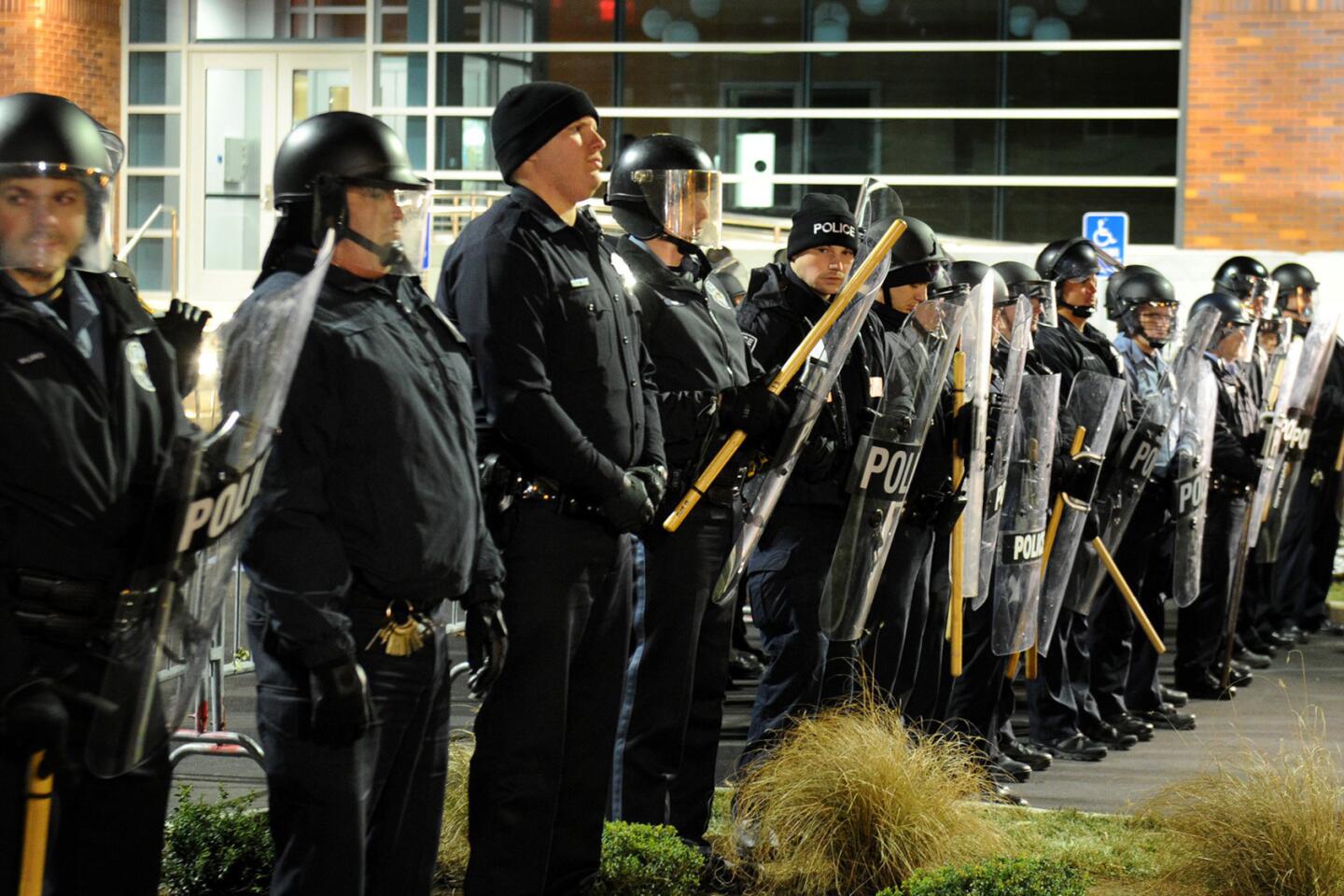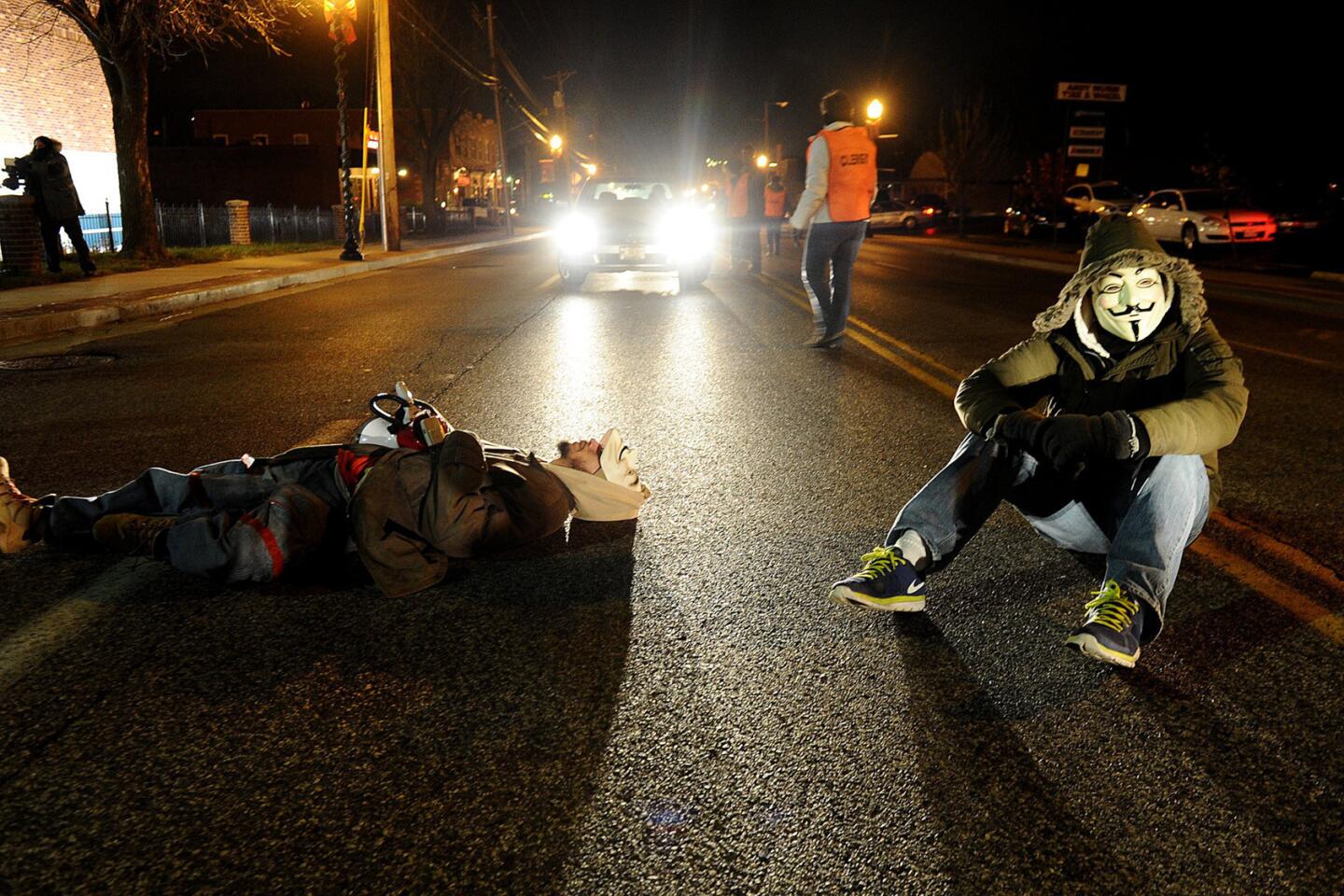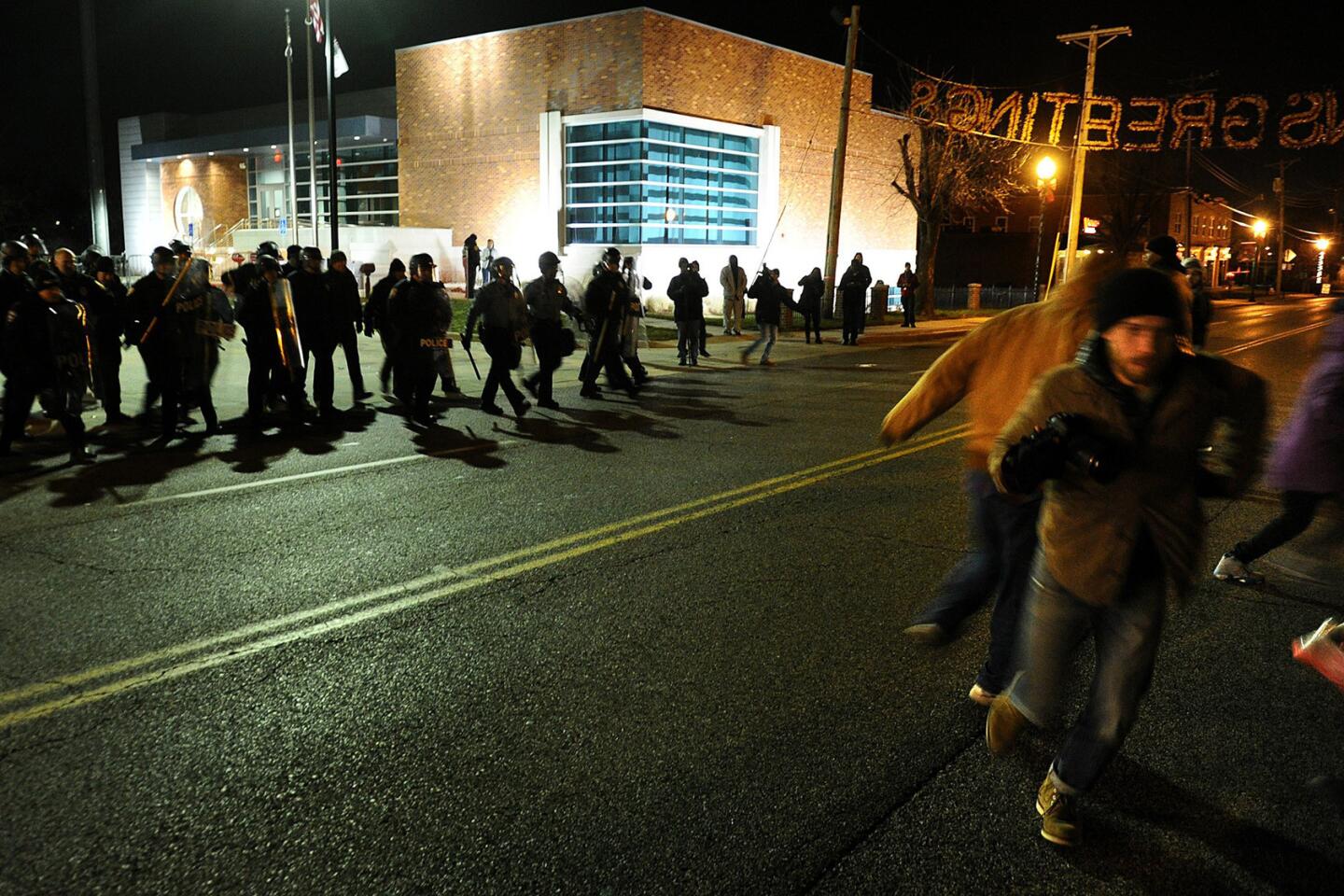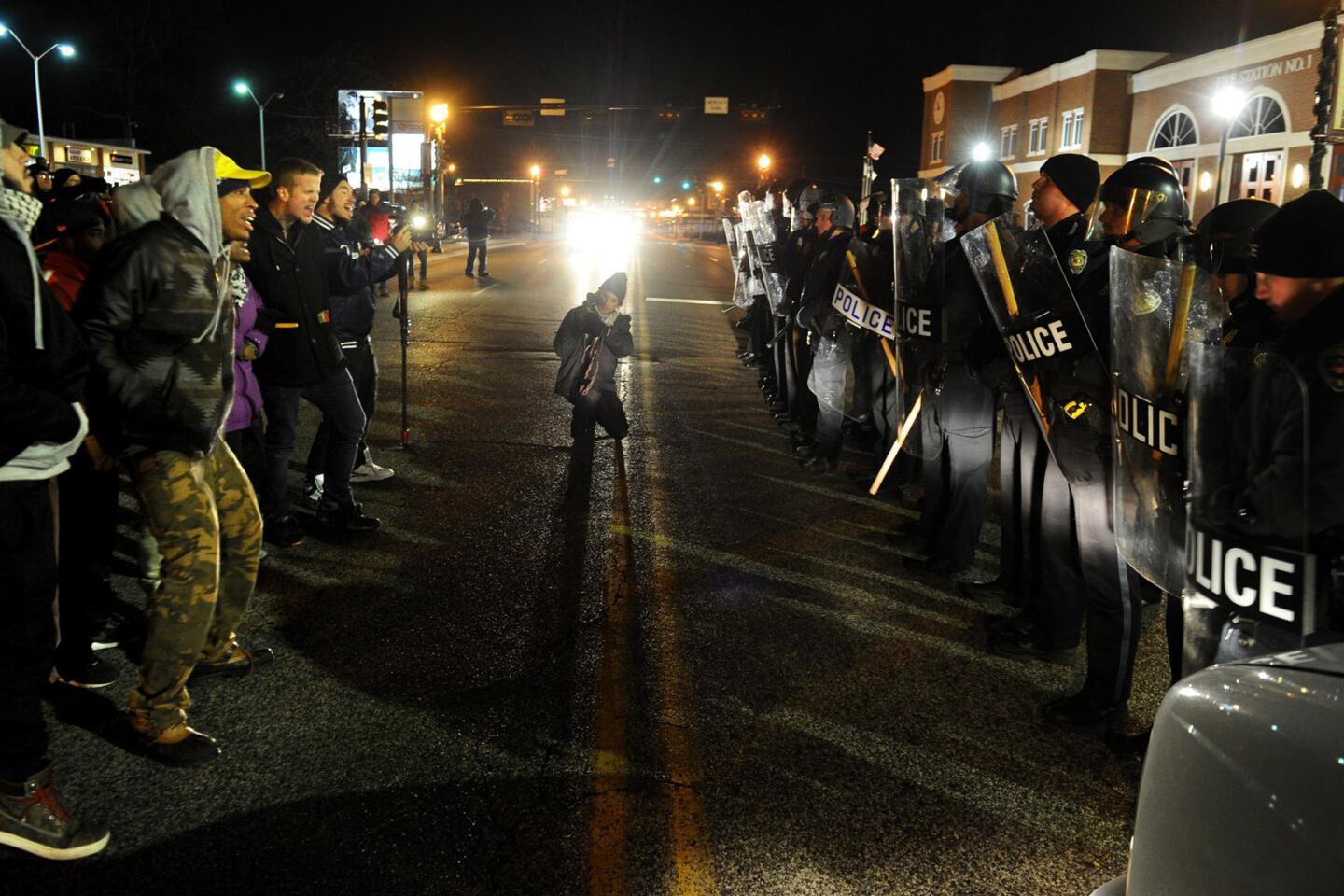Ferguson seeks ‘reform-minded judge’ to help rebuild trust in its court
- Share via
Days after federal investigators determined that police officers and municipal courts in Ferguson, Mo., excessively and unfairly targeted black residents for ticketing and arrest, Ferguson’s municipal judge has resigned, and the state’s Supreme Court has appointed a different judge to hear all municipal cases emanating from the St. Louis suburb.
Municipal Judge Ronald J. Brockmeyer resigned Monday, according to the city, which issued a statement Tuesday welcoming his temporary replacement.
For his permanent successor, Ferguson Mayor James Knowles III said in the statement, the city is seeking “a reform-minded judge that will lead our court in a new direction and will allow offenders to leave with a belief that they were treated fairly.”
For now, Roy L. Richter, a state appeals court judge and St. Louis native, is to take the bench in St. Louis County on March 16 and hear all pending and future municipal cases in Ferguson, according to a statement issued Monday by Missouri’s Supreme Court.
“Judge Richter will bring a fresh, disinterested perspective to this court’s practices and he is able and willing to implement needed reforms,” Missouri’s chief justice, Mary R. Russell, said in the statement.
“The city of Ferguson court staff is looking forward to working with Judge Richter, as it begins to regain the trust of the Ferguson community,” Mayor Knowles said Tuesday.
Brockmeyer said he stepped down to boost the public’s confidence in the court and to help the city “begin its healing process,” according to the Associated Press.
The U.S. Justice Department report, which was released last week after a months-long investigation sparked by the fatal shooting of Michael Brown by Ferguson Police Officer Darren Wilson, accused the Police Department and local court system of engaging in institutionalized discrimination against the city’s black residents, in essence using those residents to generate revenue for the city.
The report found that, compared with white residents, African Americans were far less likely to have their cases dismissed in courts and far more likely to be arrested. In the court records that were reviewed, federal investigators found that 96% of those arrested during traffic stops because of outstanding warrants were African American. By contrast, they found that 67% of the city’s population was black.
An obscure and bizarre Ferguson municipal code, which led to arrests for “manner of walking along roadway,” also led to a large number of arrests. Residents referred to the criminal charge as “walking black,” and the report found that 95% of those arrested for the offense from 2011 to 2013 were black.
Court officials were also among those criticized by federal investigators for sending a series of scathing, racially charged emails. The Justice Department uncovered several messages sent in 2008 to 2011 that mocked President Obama and derided blacks.
Missouri Gov. Jay Nixon praised the state Supreme Court’s action Monday.
“Courts are a vital part of our democracy, and our court system is built on the trust of the citizens it serves,” Nixon said in a statement. “Today’s strong and appropriate actions by the Missouri Supreme Court are a solid step forward.”
Richter has been a member of the state’s judicial system for nearly 35 years. He served as a Circuit Court judge in Montgomery County from 1979 to 2006, and then was appointed to the state’s appeals court, where he has sat for the last eight years, according to the state judiciary’s website.
Although he will hear Ferguson’s cases, Richter will actually be serving as a Circuit Court judge in St. Louis County, according to the statement from the Missouri Supreme Court.
Russell noted that more than two-thirds of Missouri’s court cases were heard at the municipal level.
“Though these are not courts of record, they are the first - and sometimes the only - impression Missourians have of their court system,” she said in her statement. “Although we recognize the local control our statutes give these uniquely local entities, we must not sacrifice individual rights and society’s collective commitment to justice.”
Times staff writer Lauren Raab contributed to this report.
Follow @JamesQueallyLAT for breaking news
More to Read
Sign up for Essential California
The most important California stories and recommendations in your inbox every morning.
You may occasionally receive promotional content from the Los Angeles Times.
